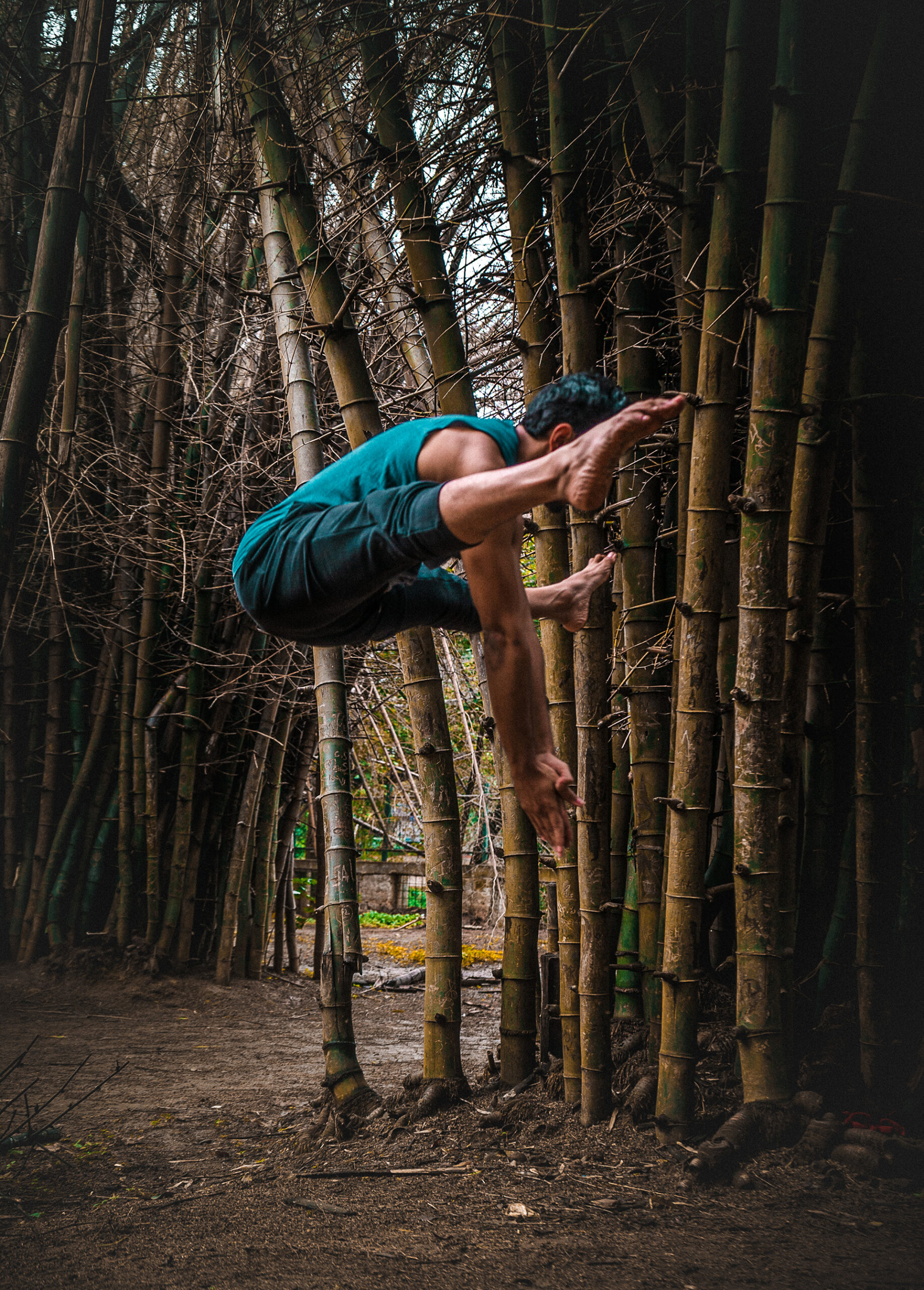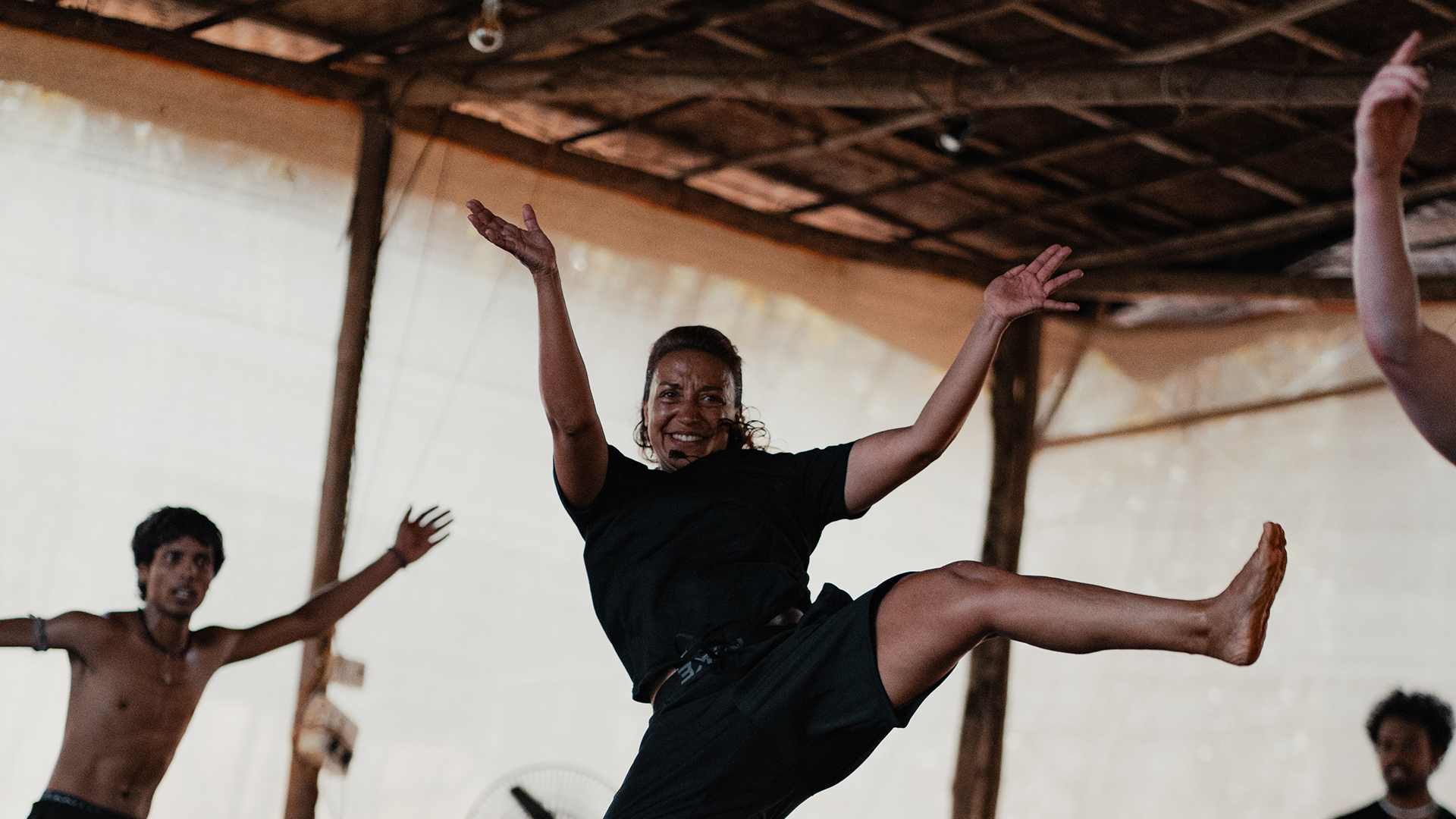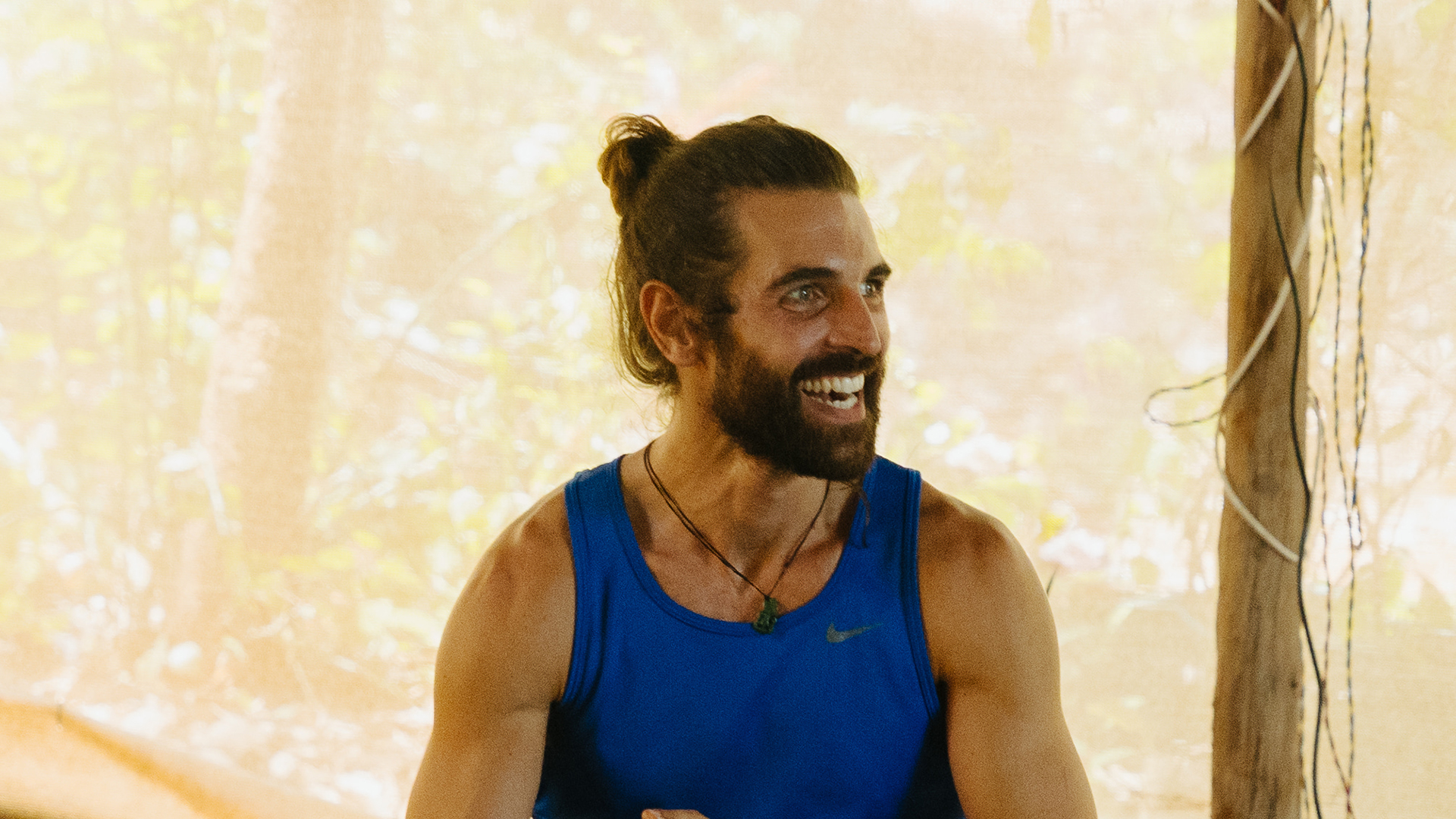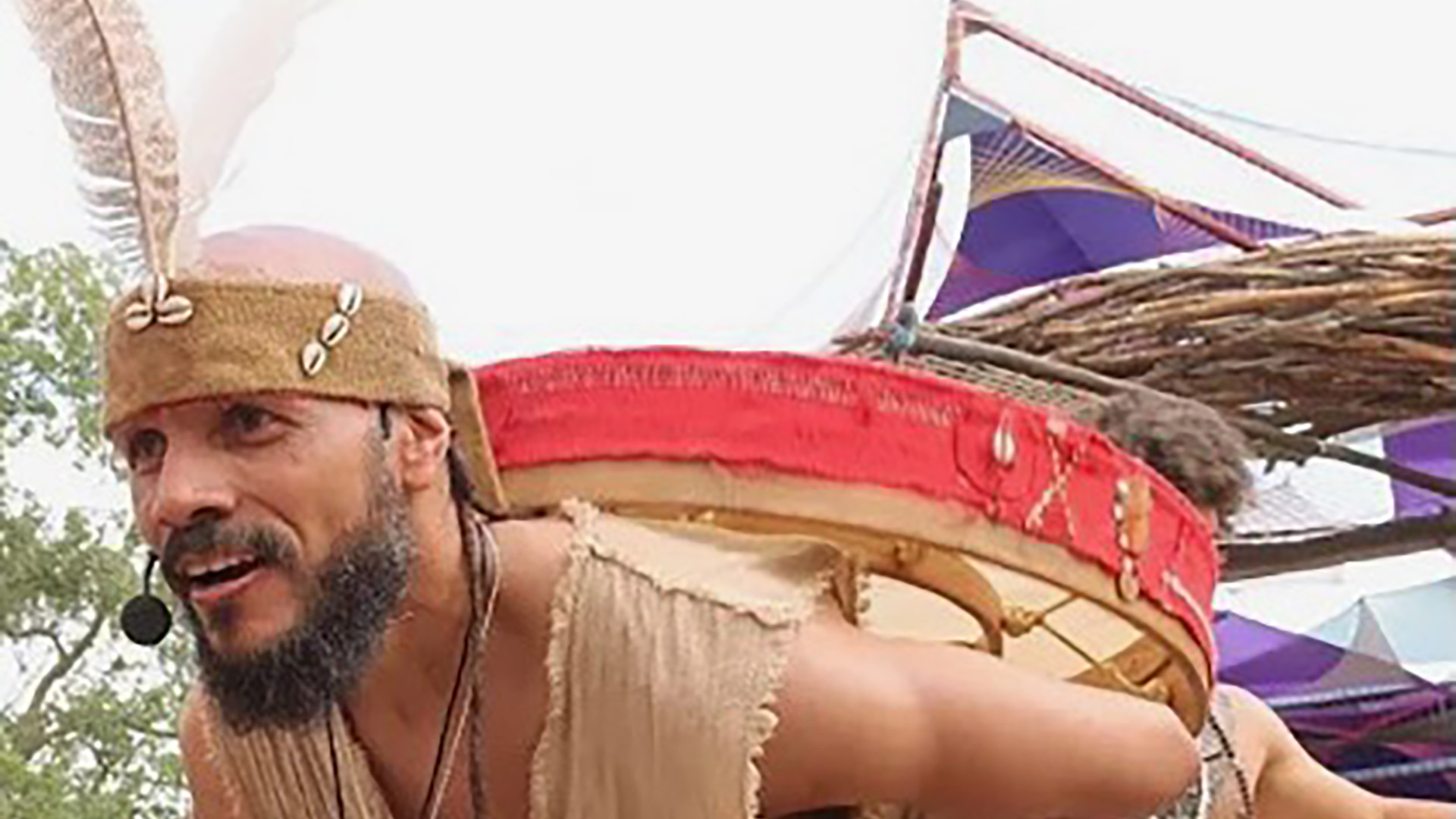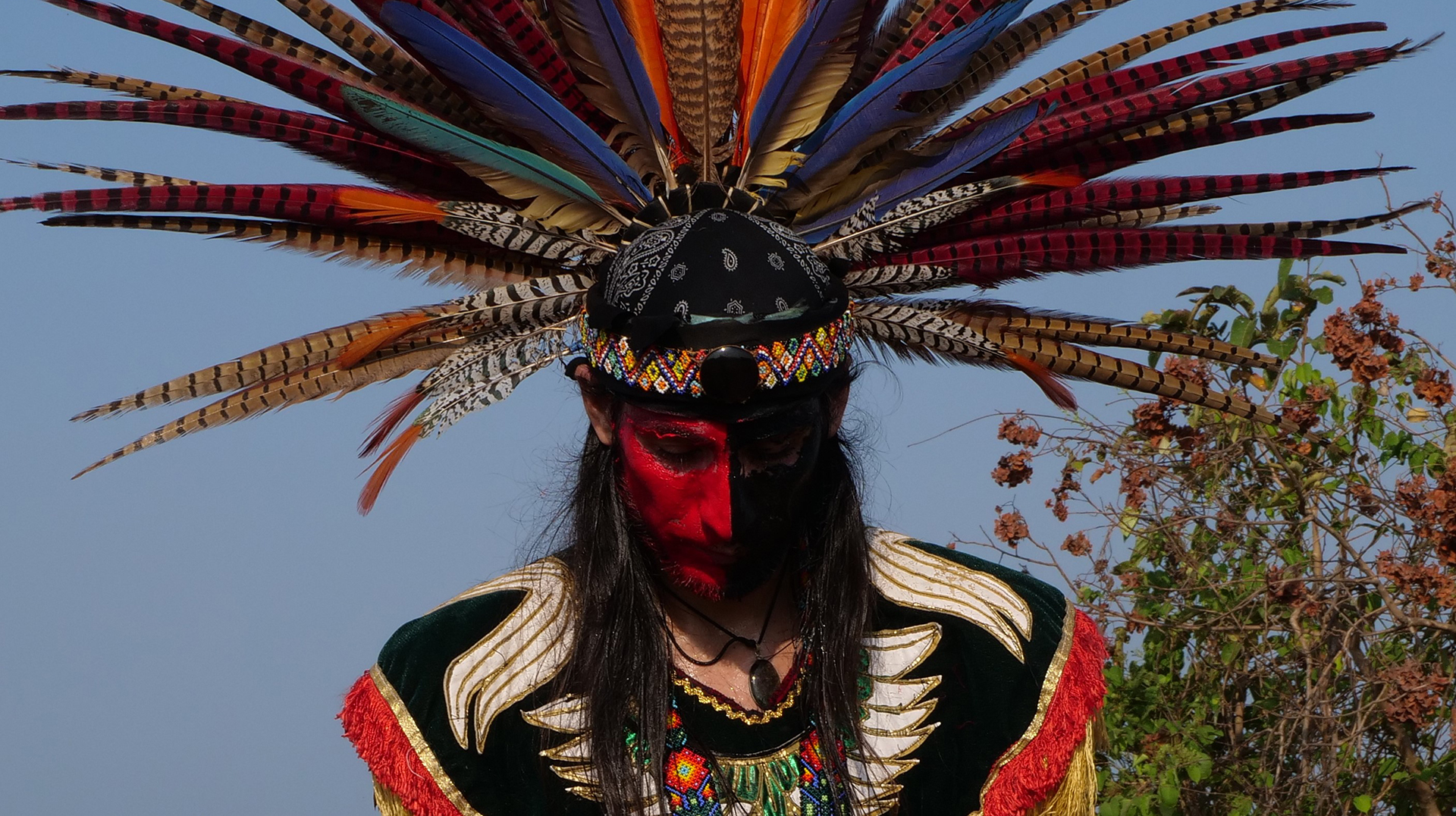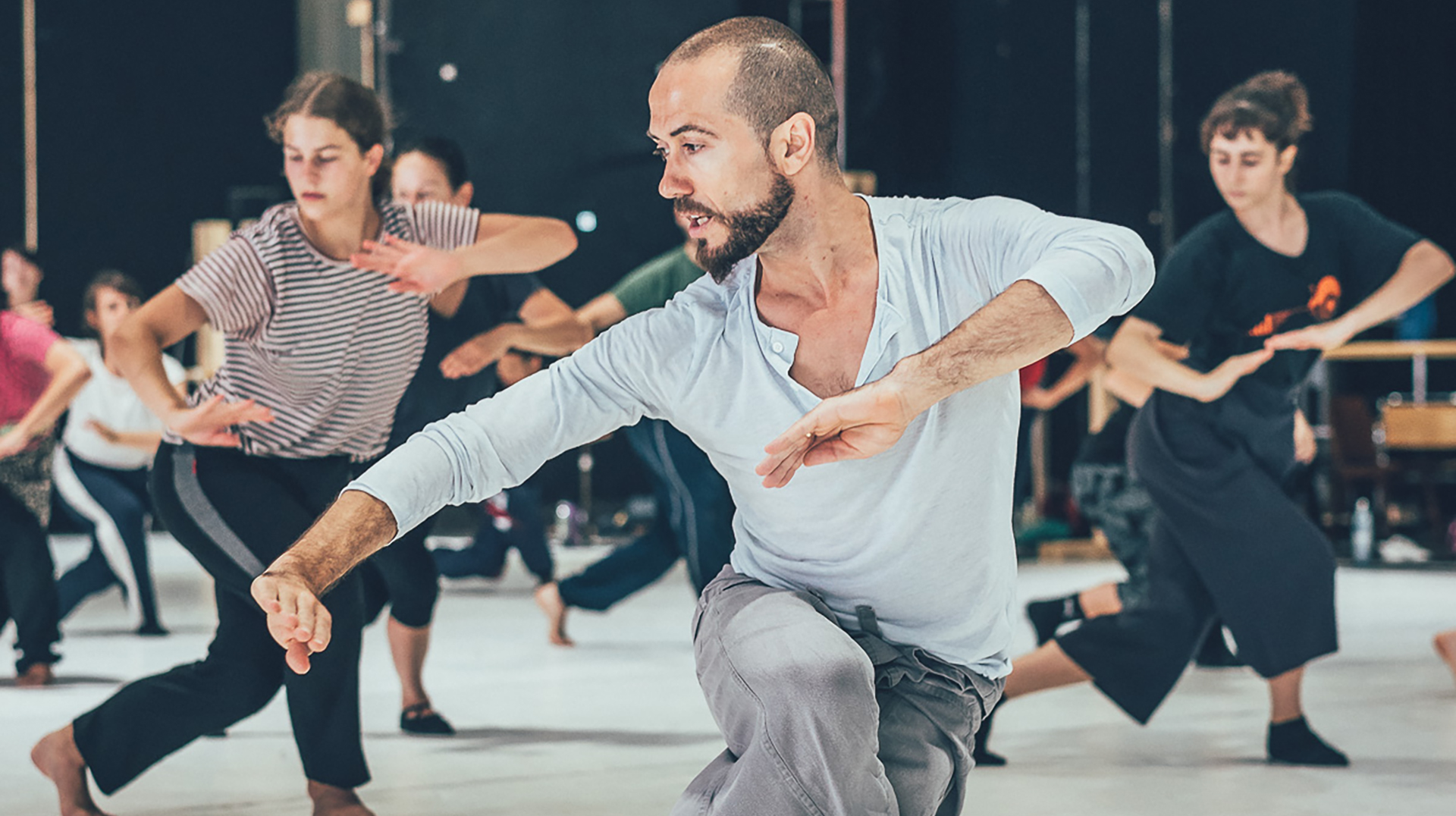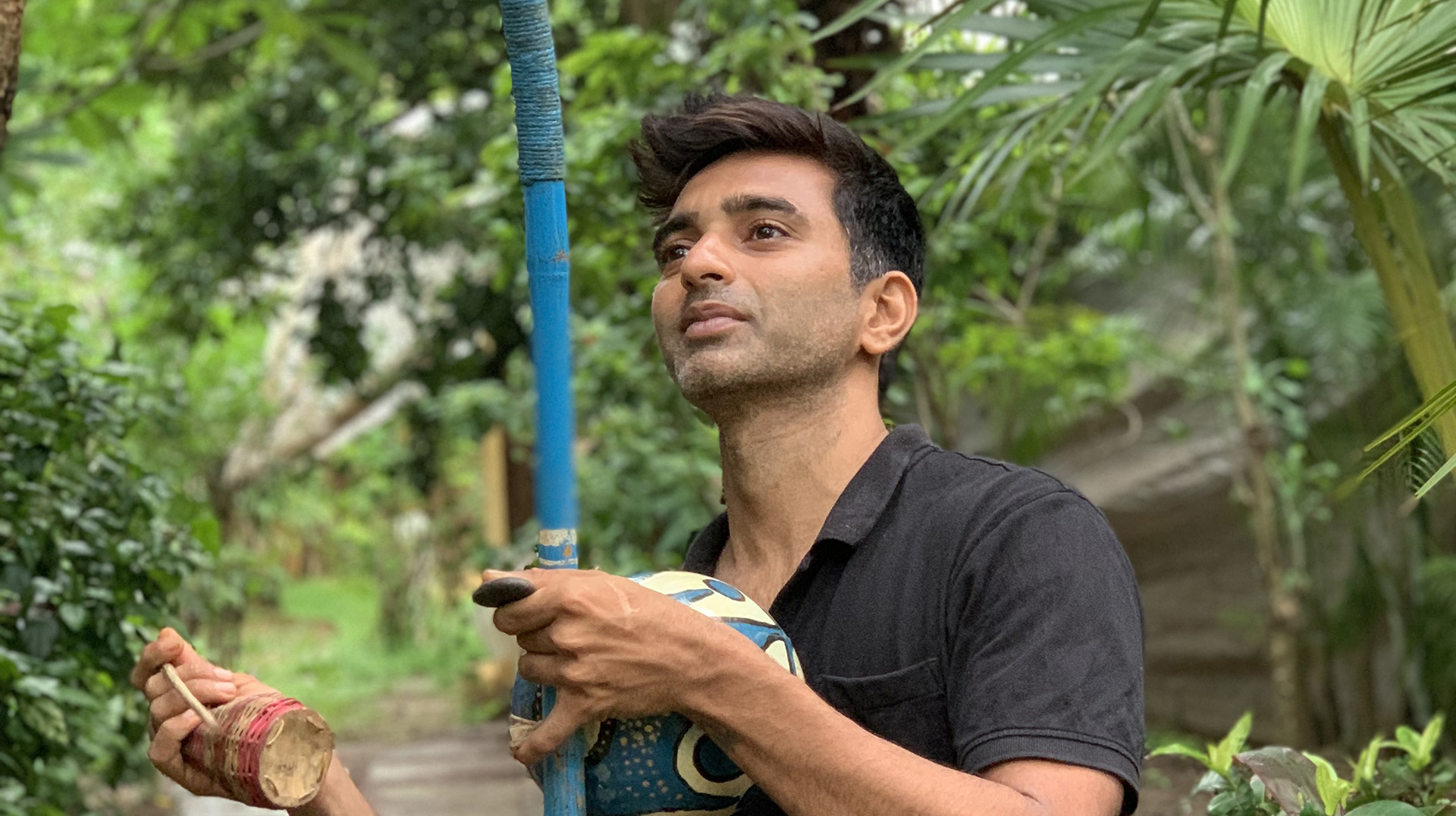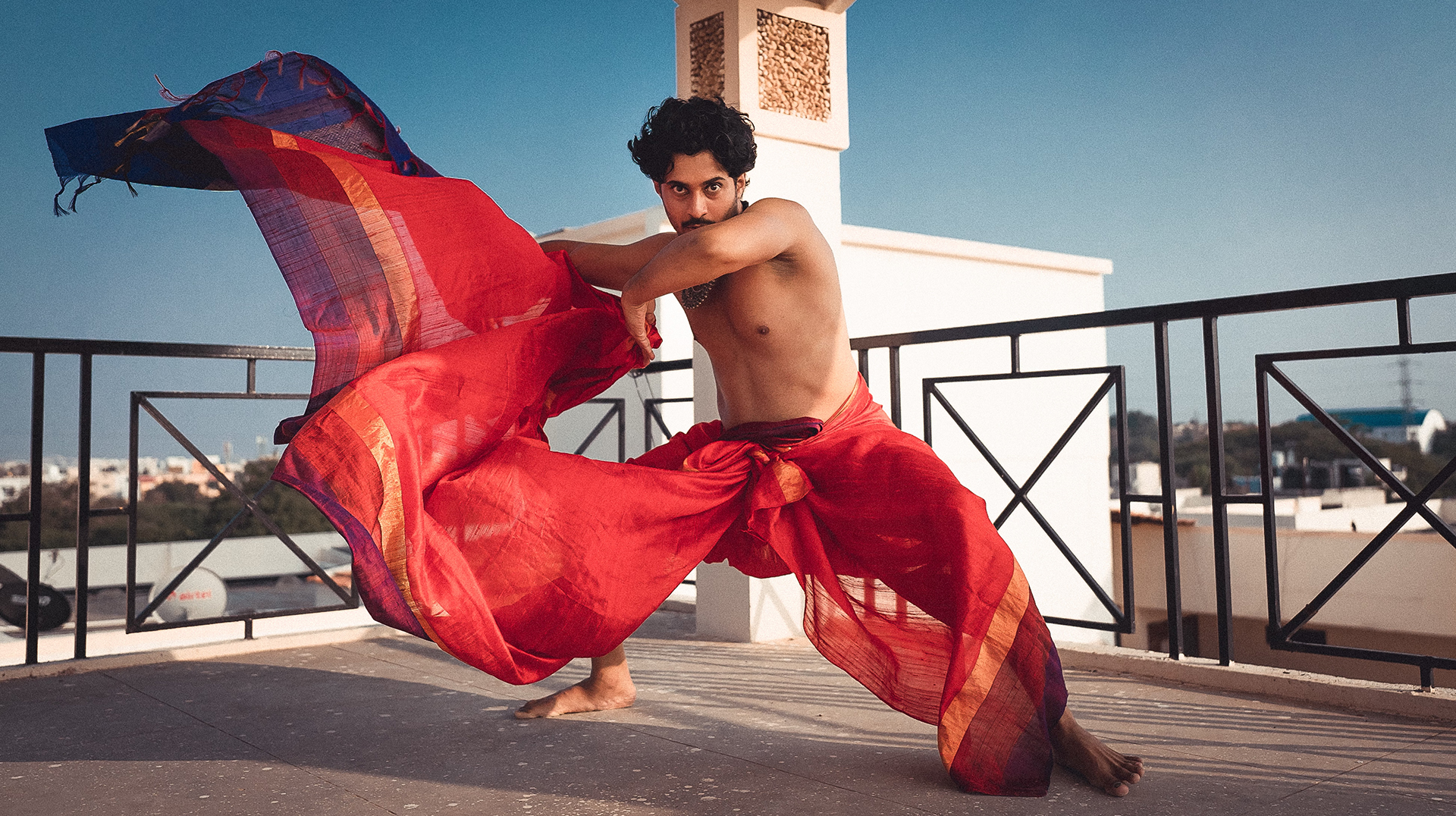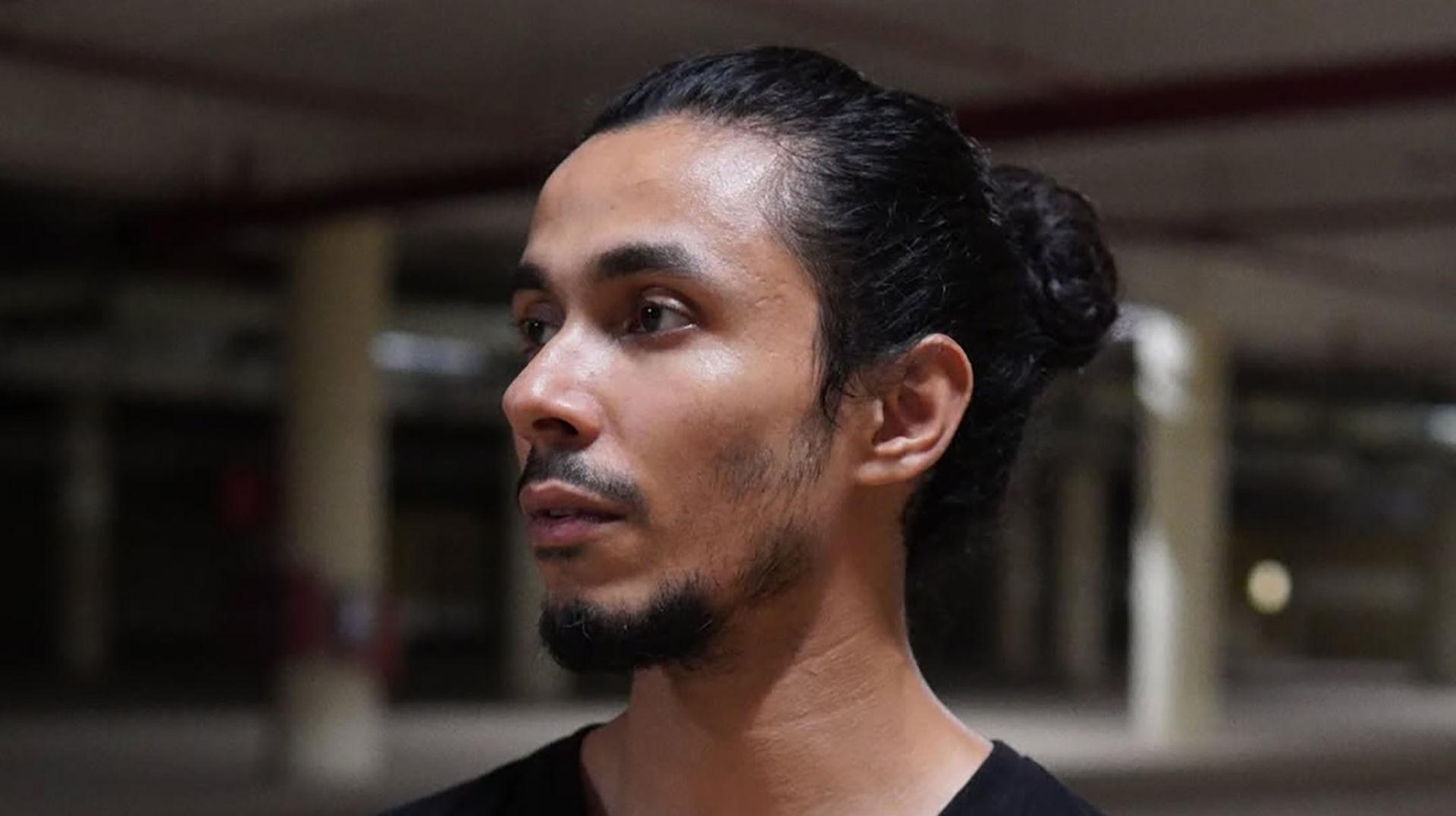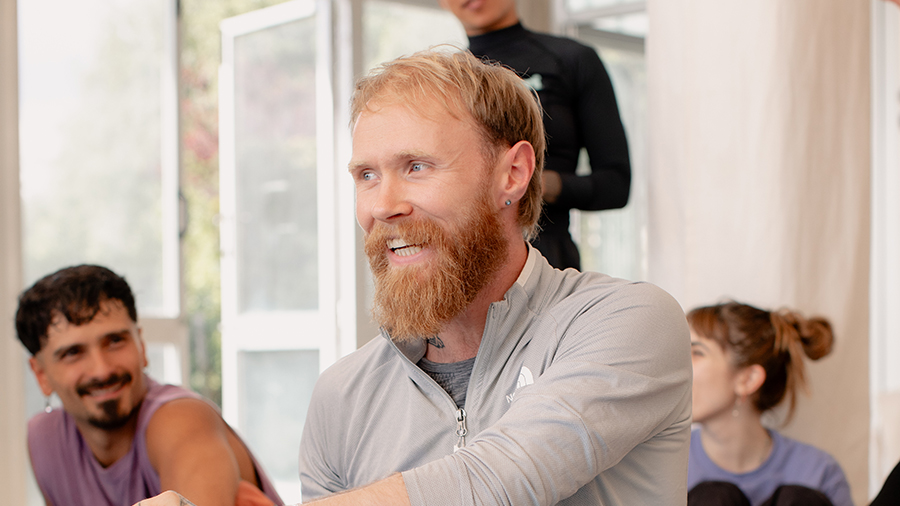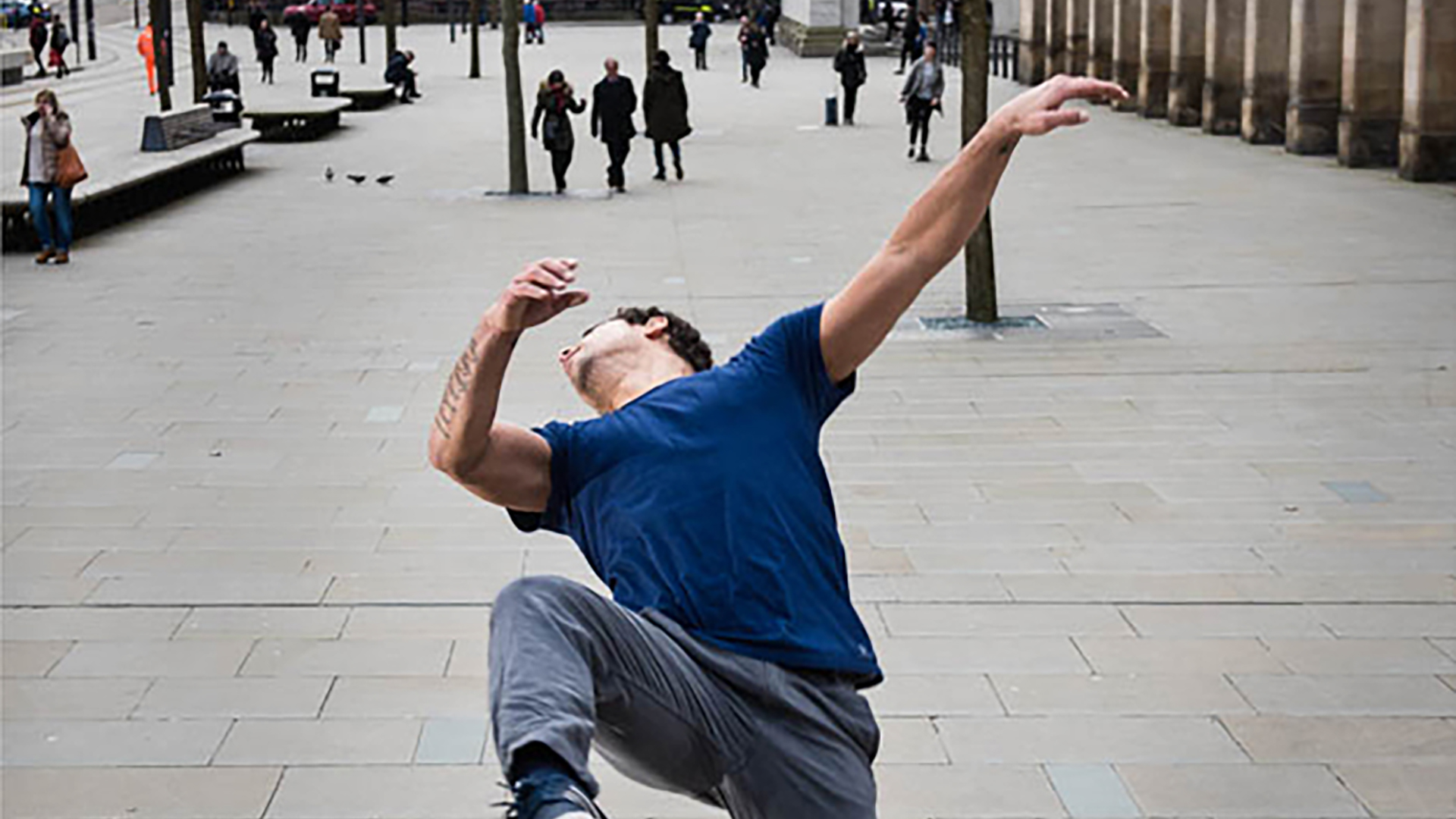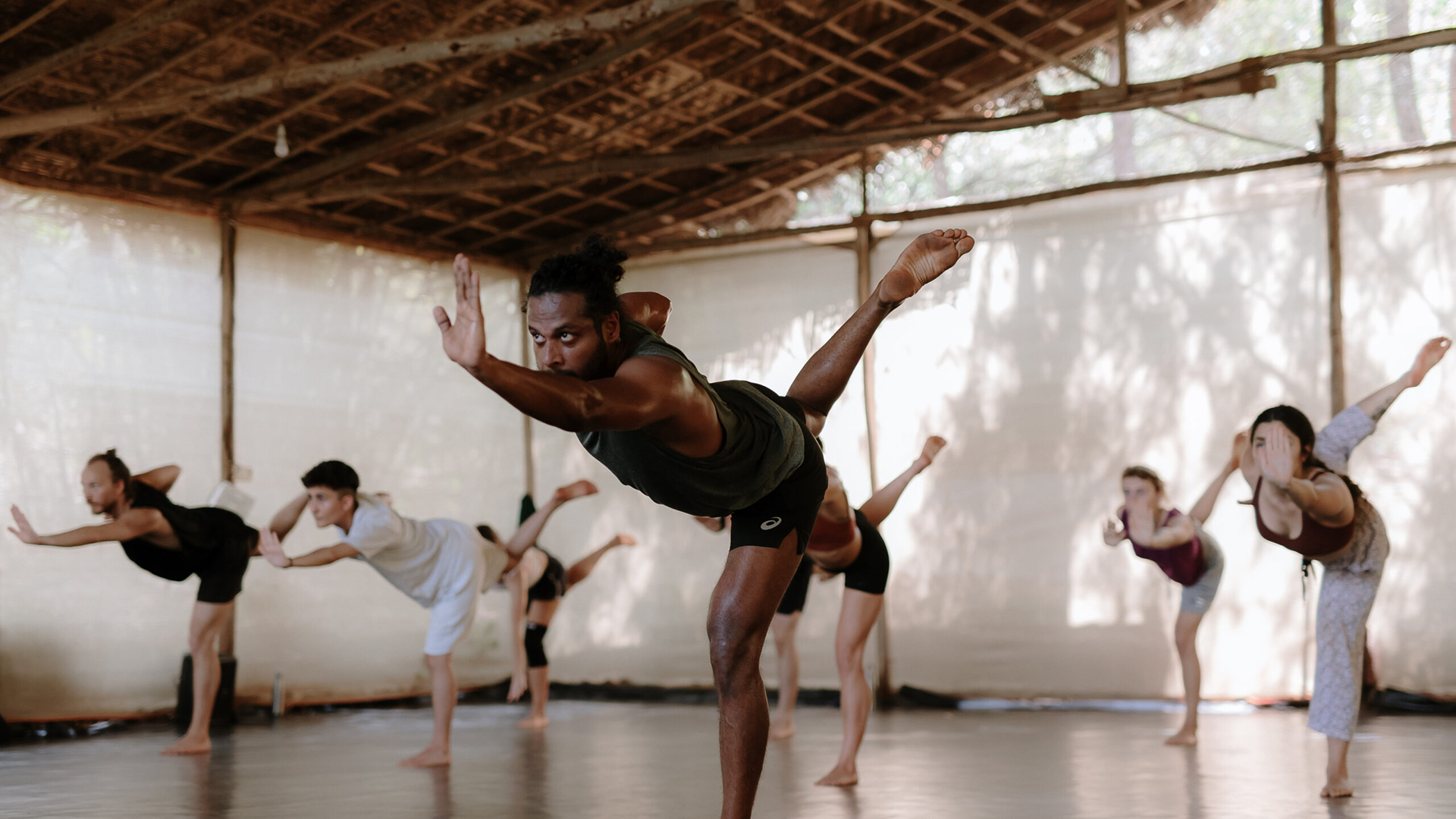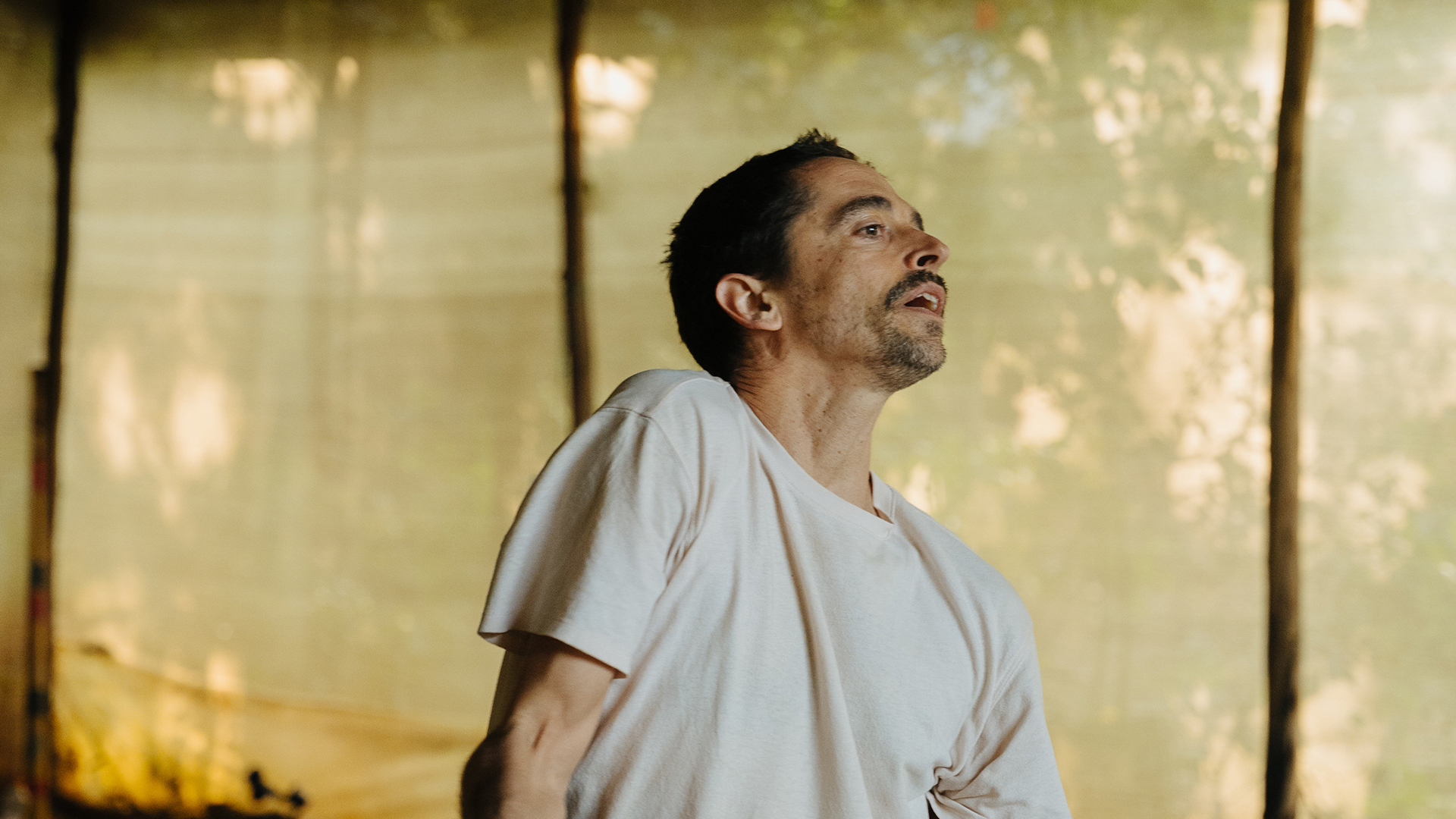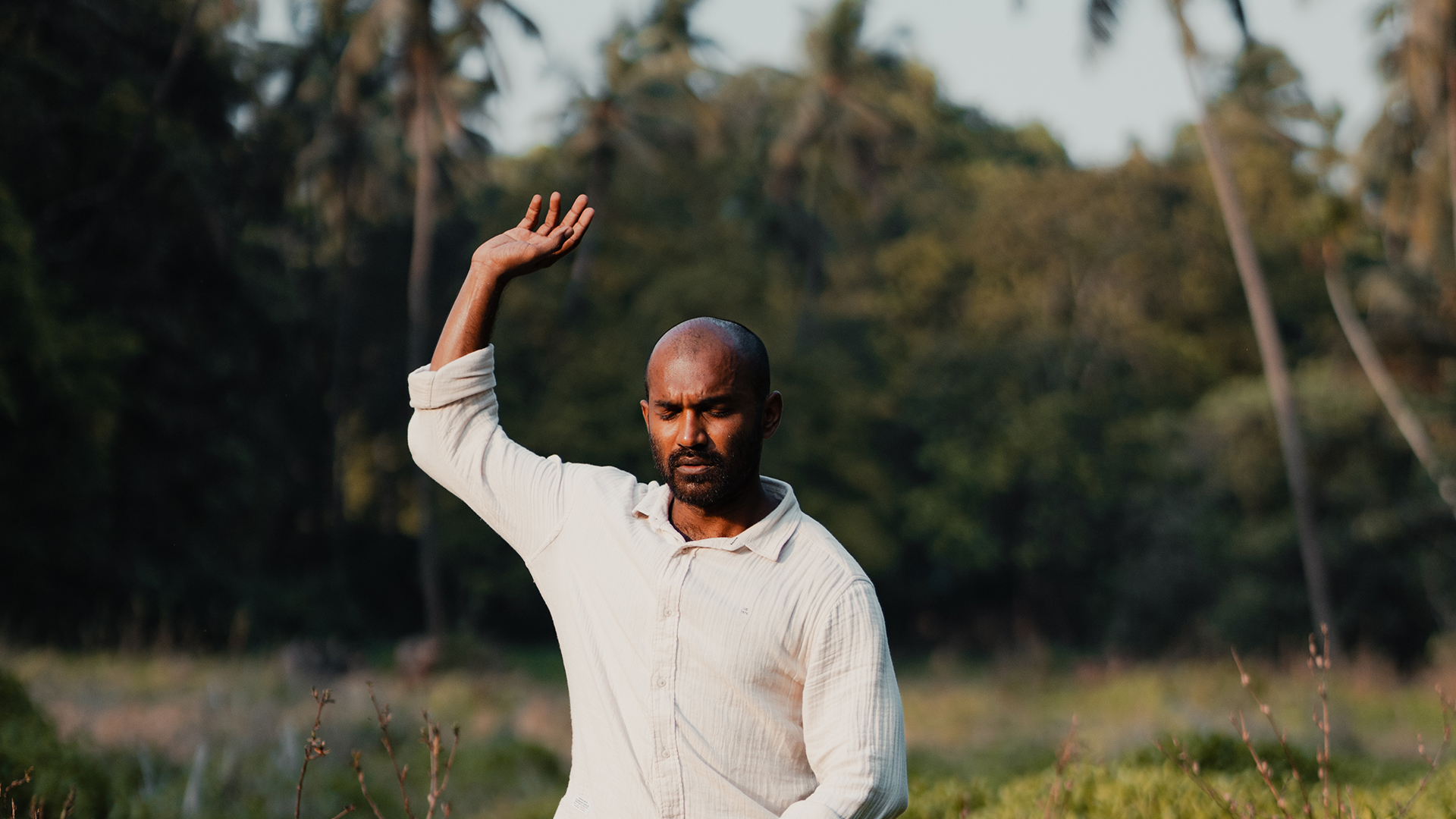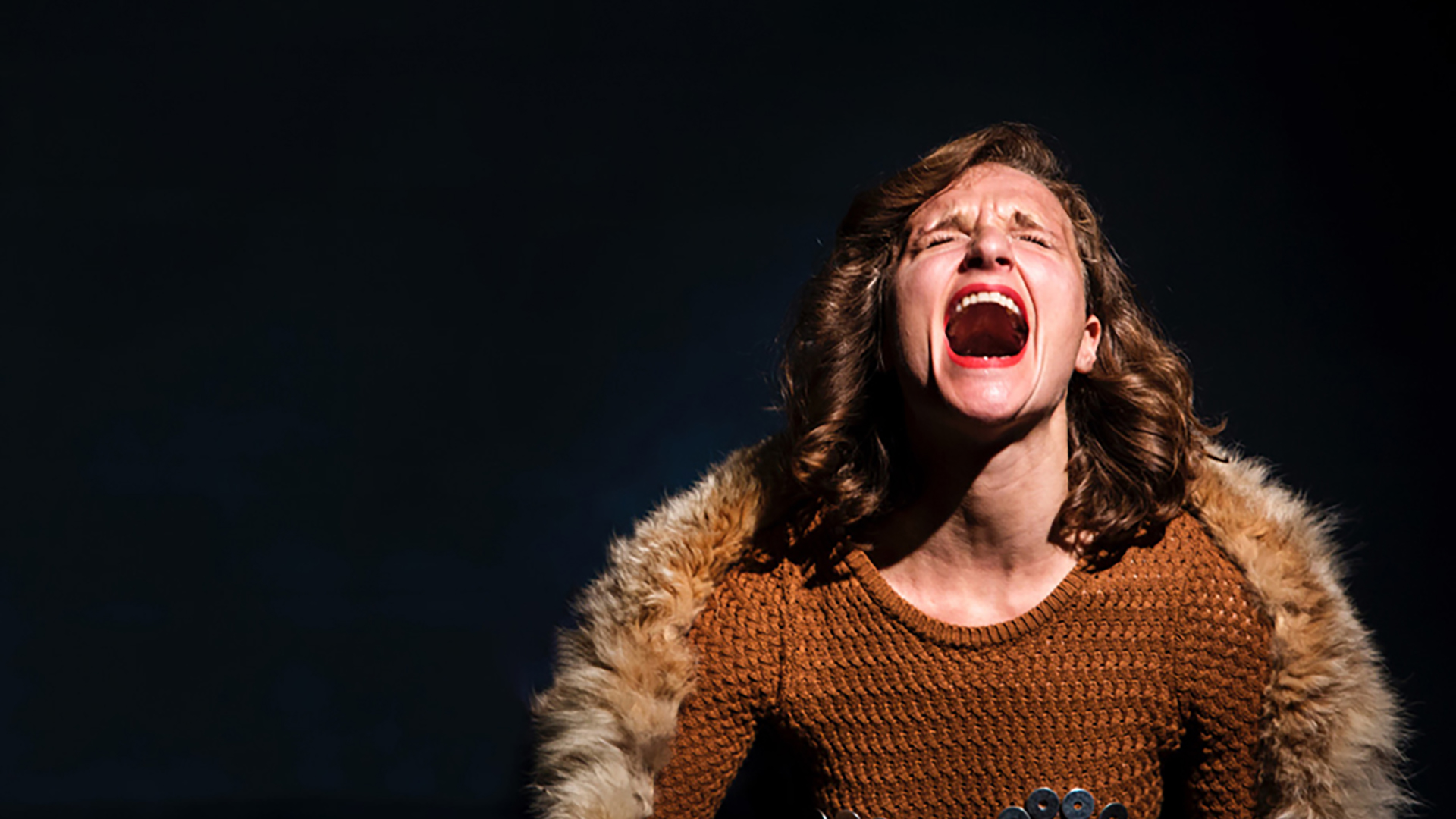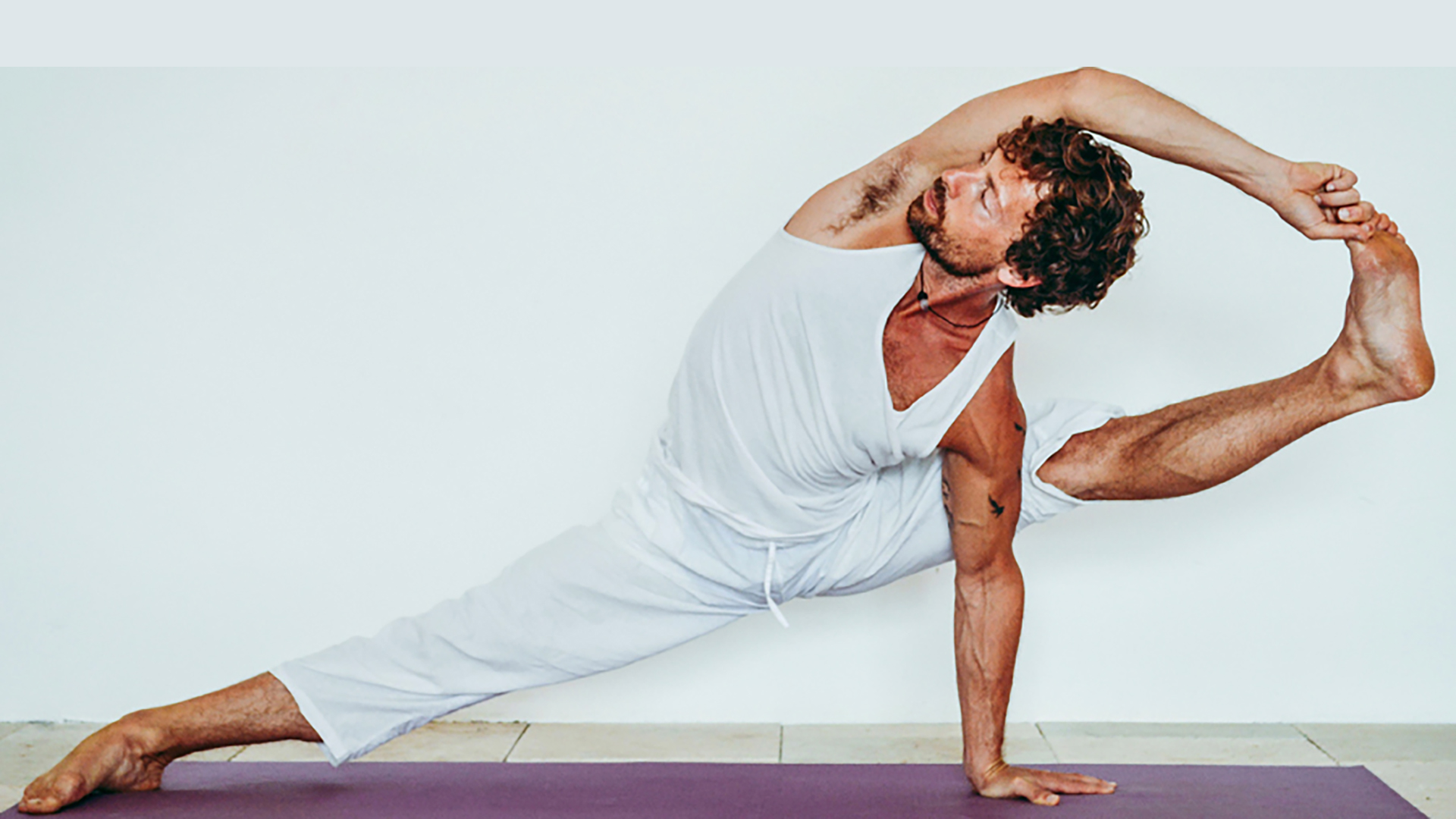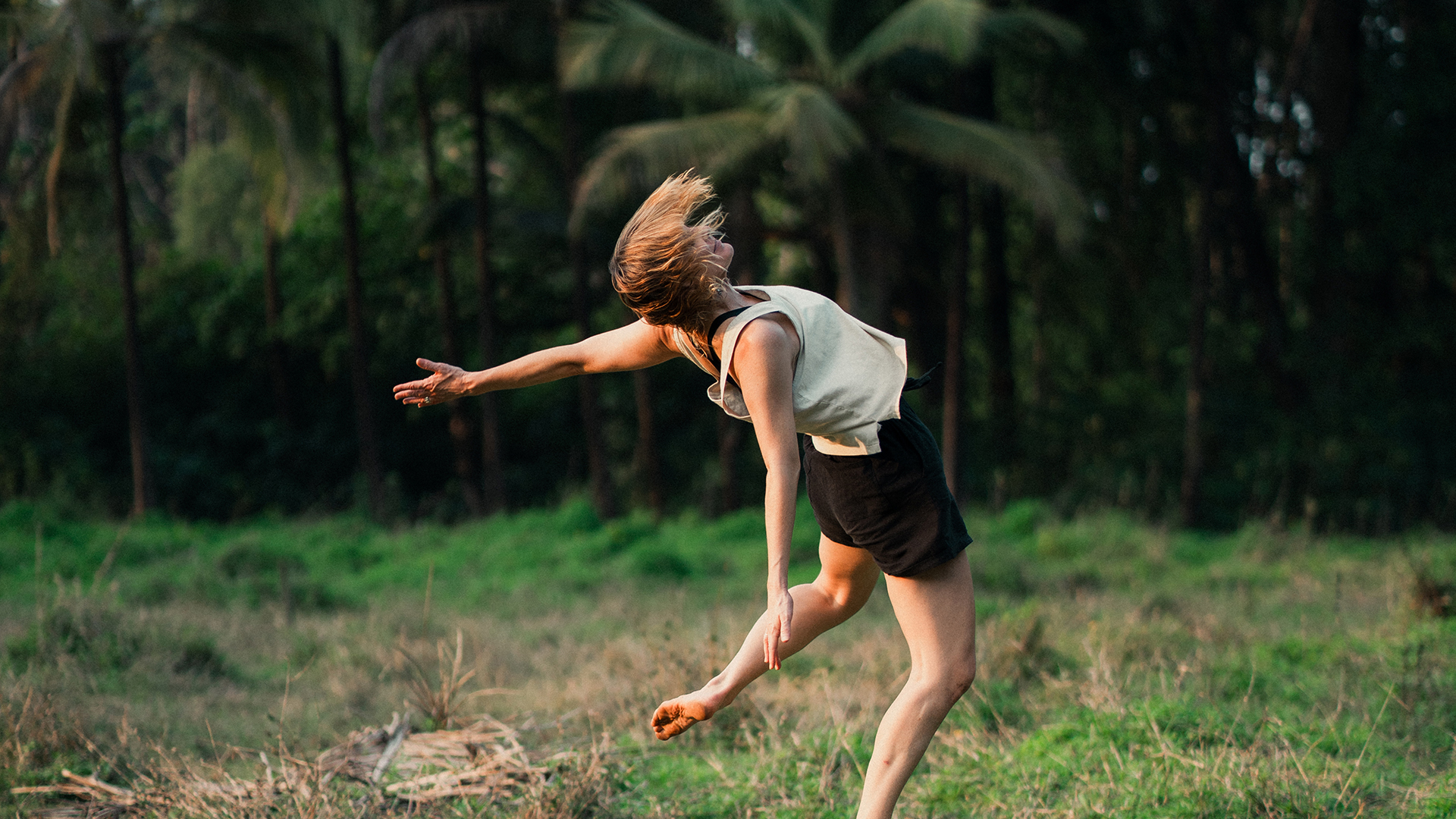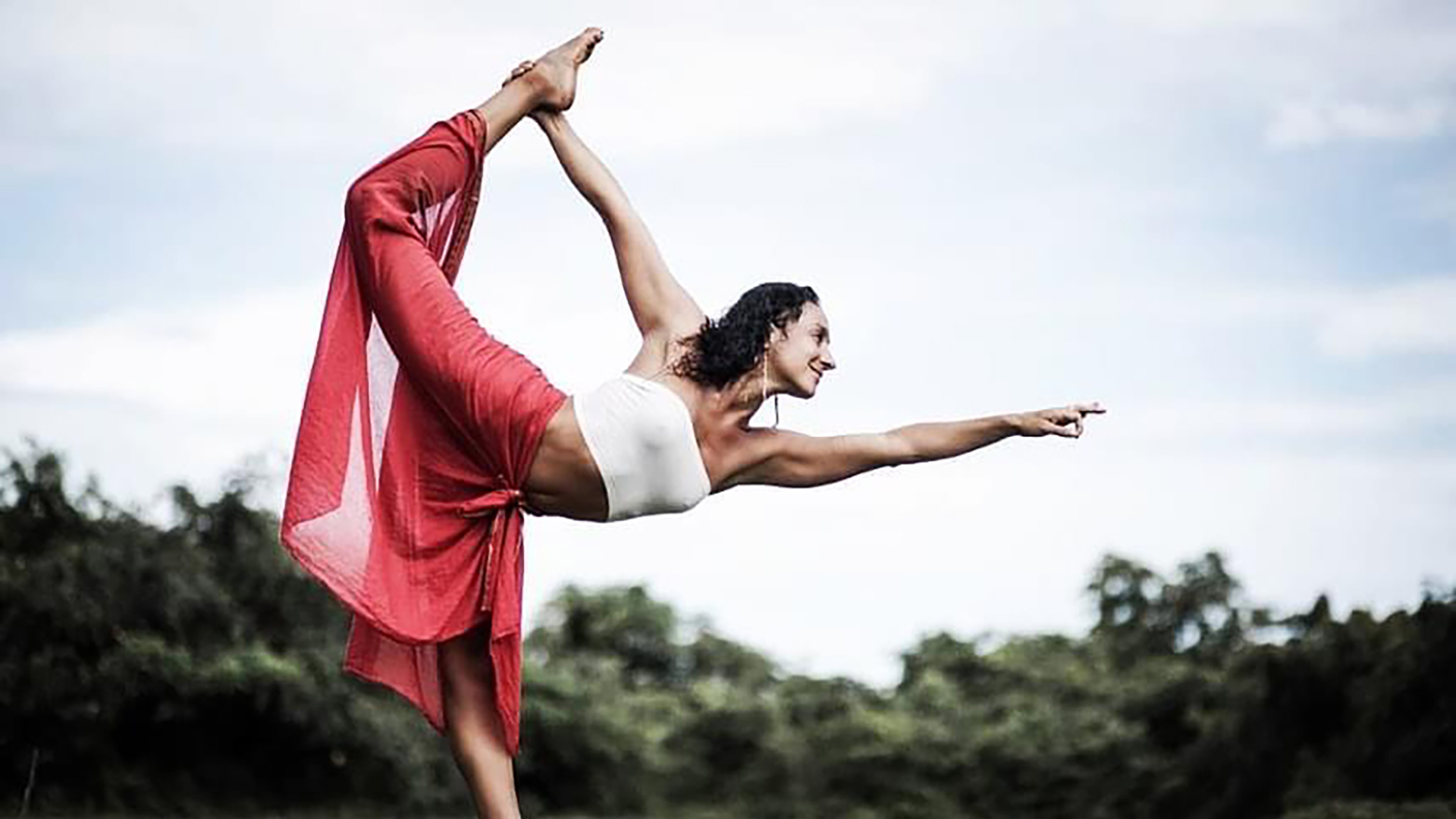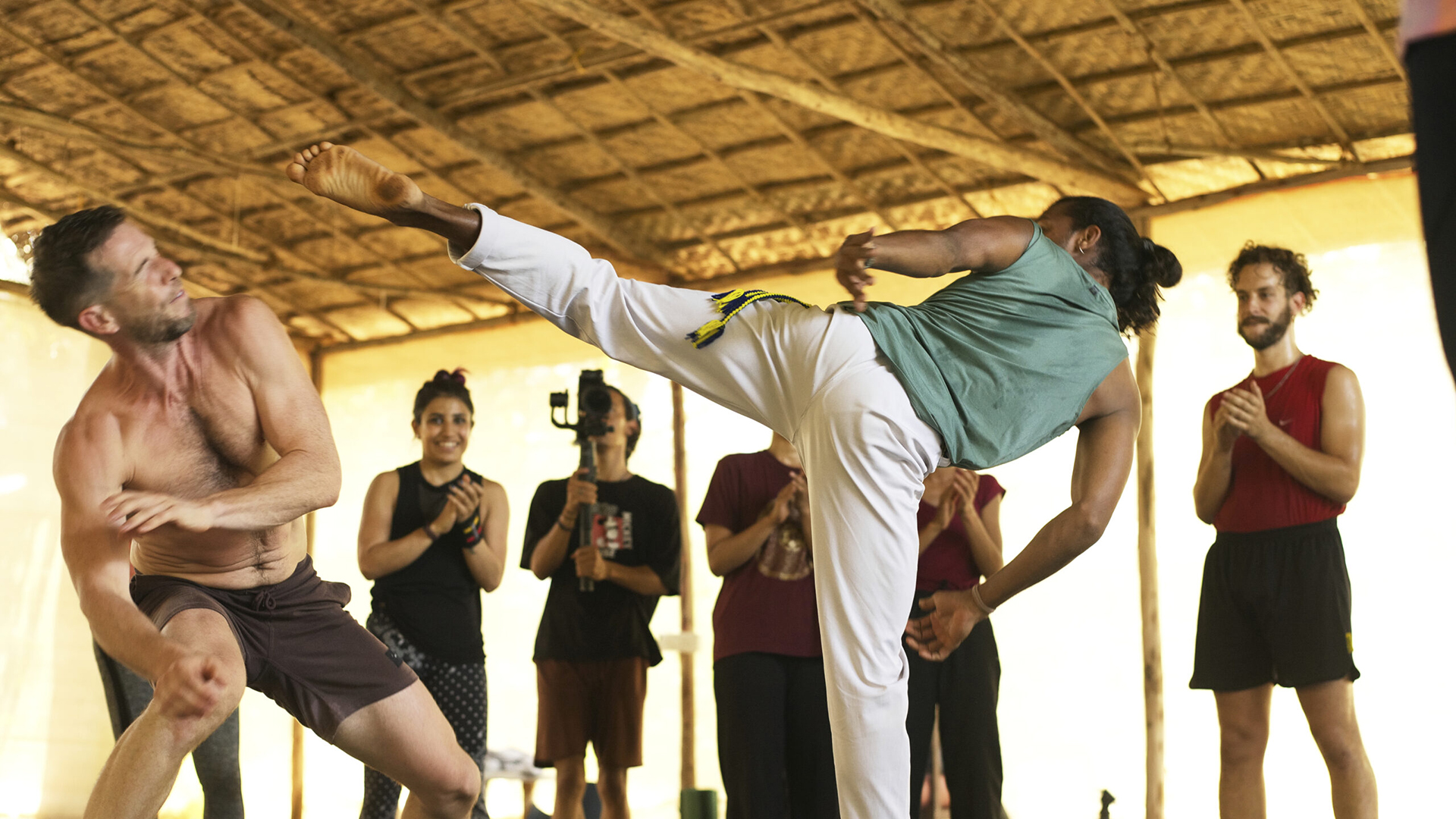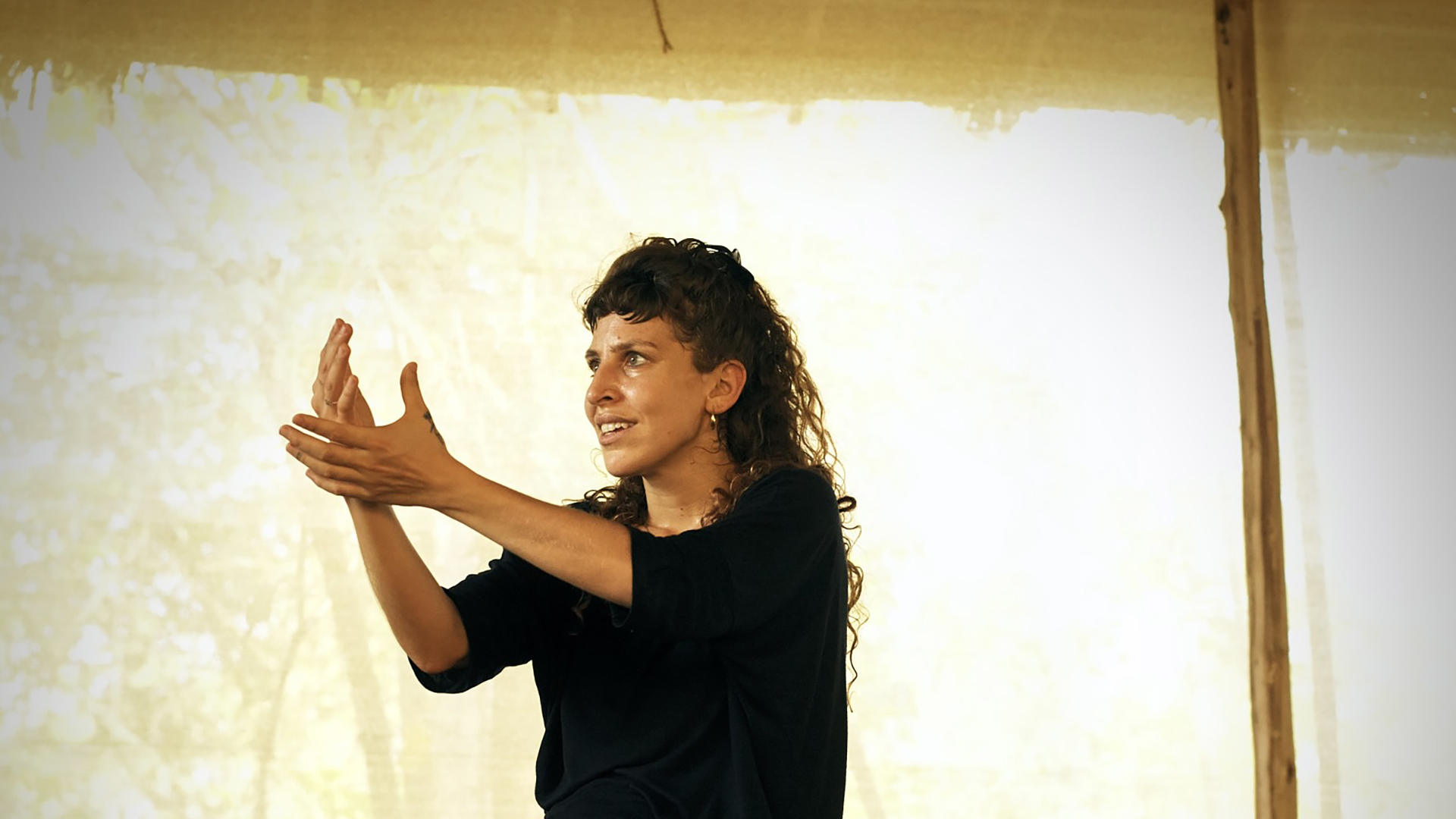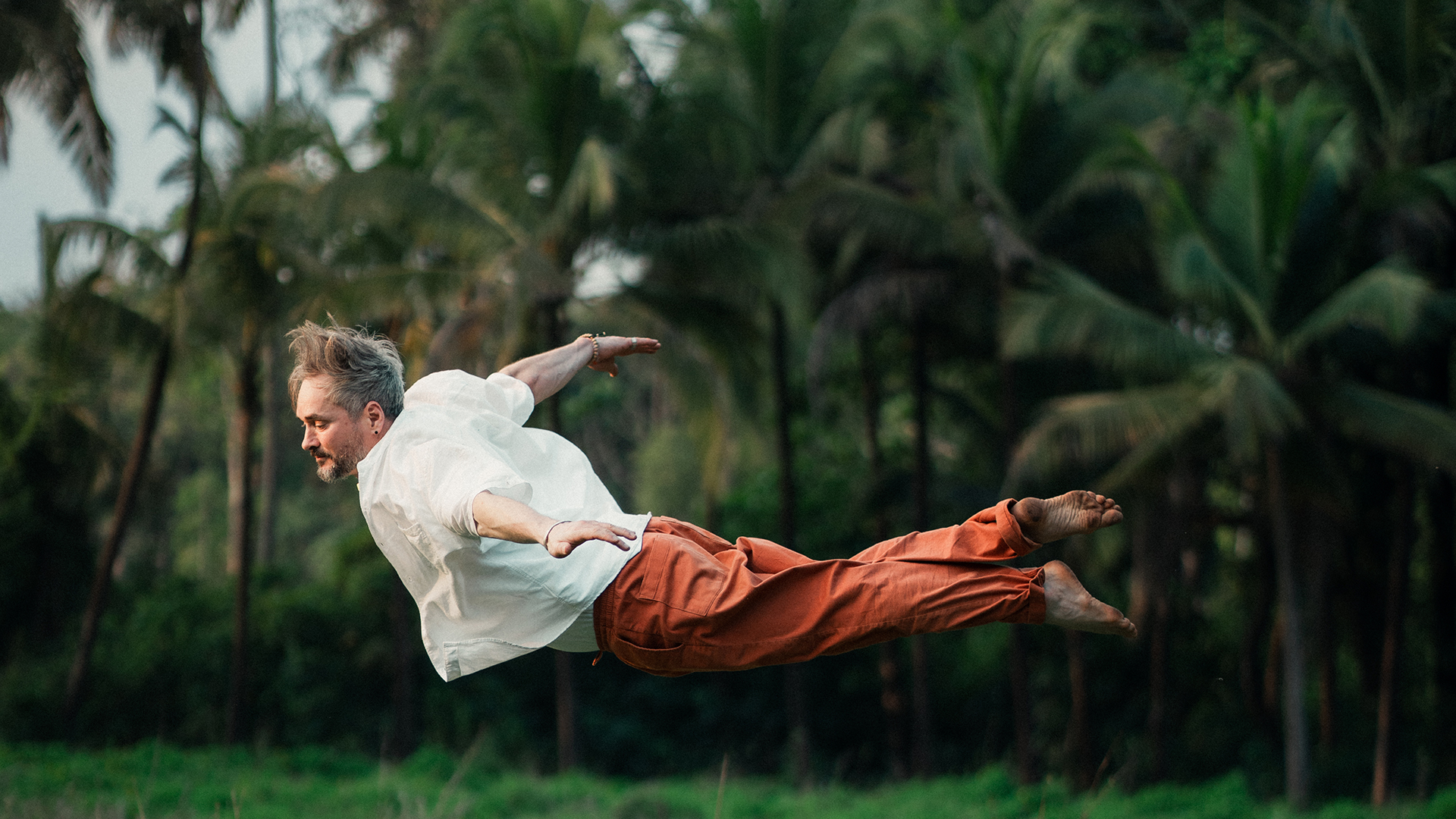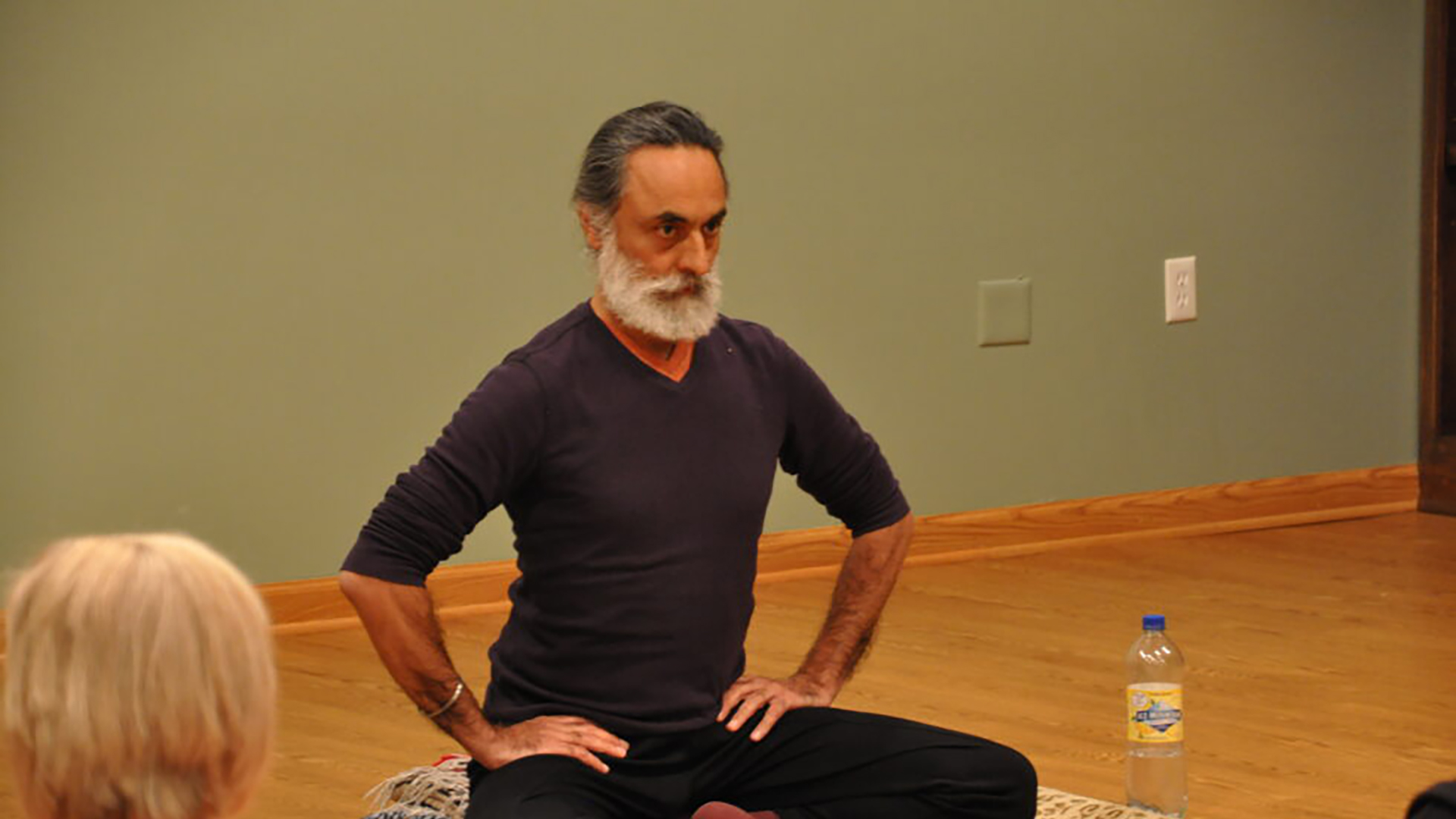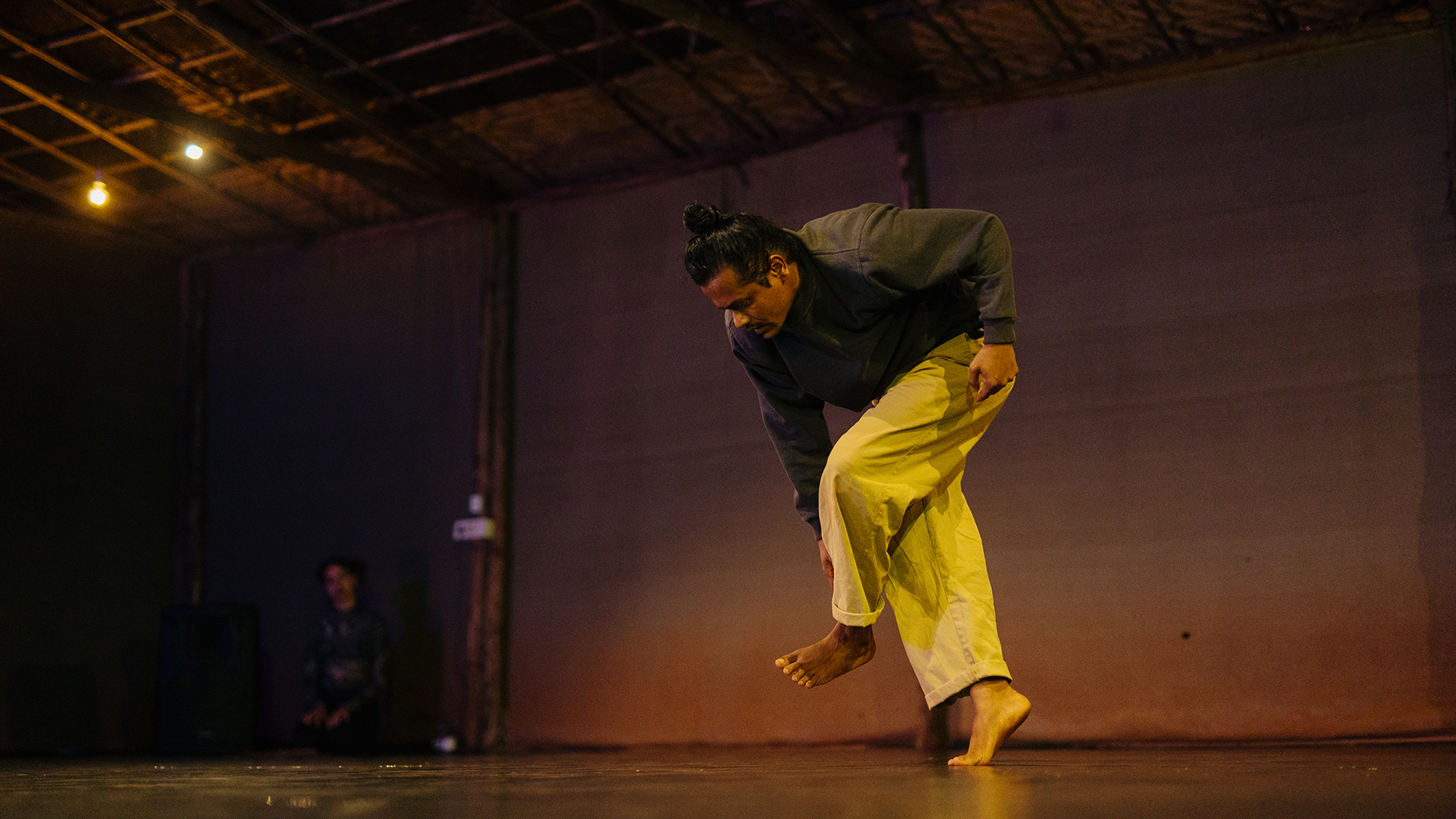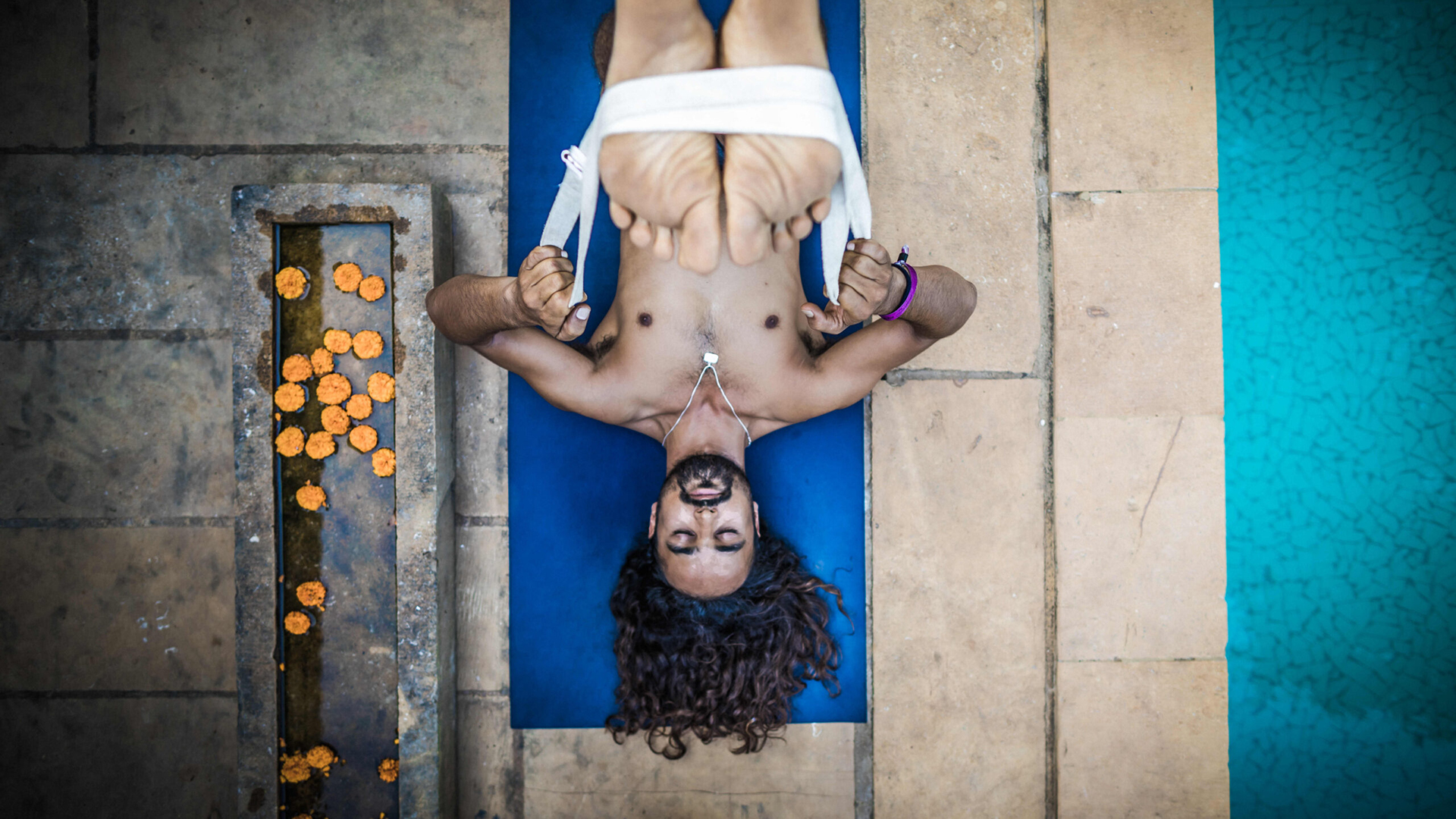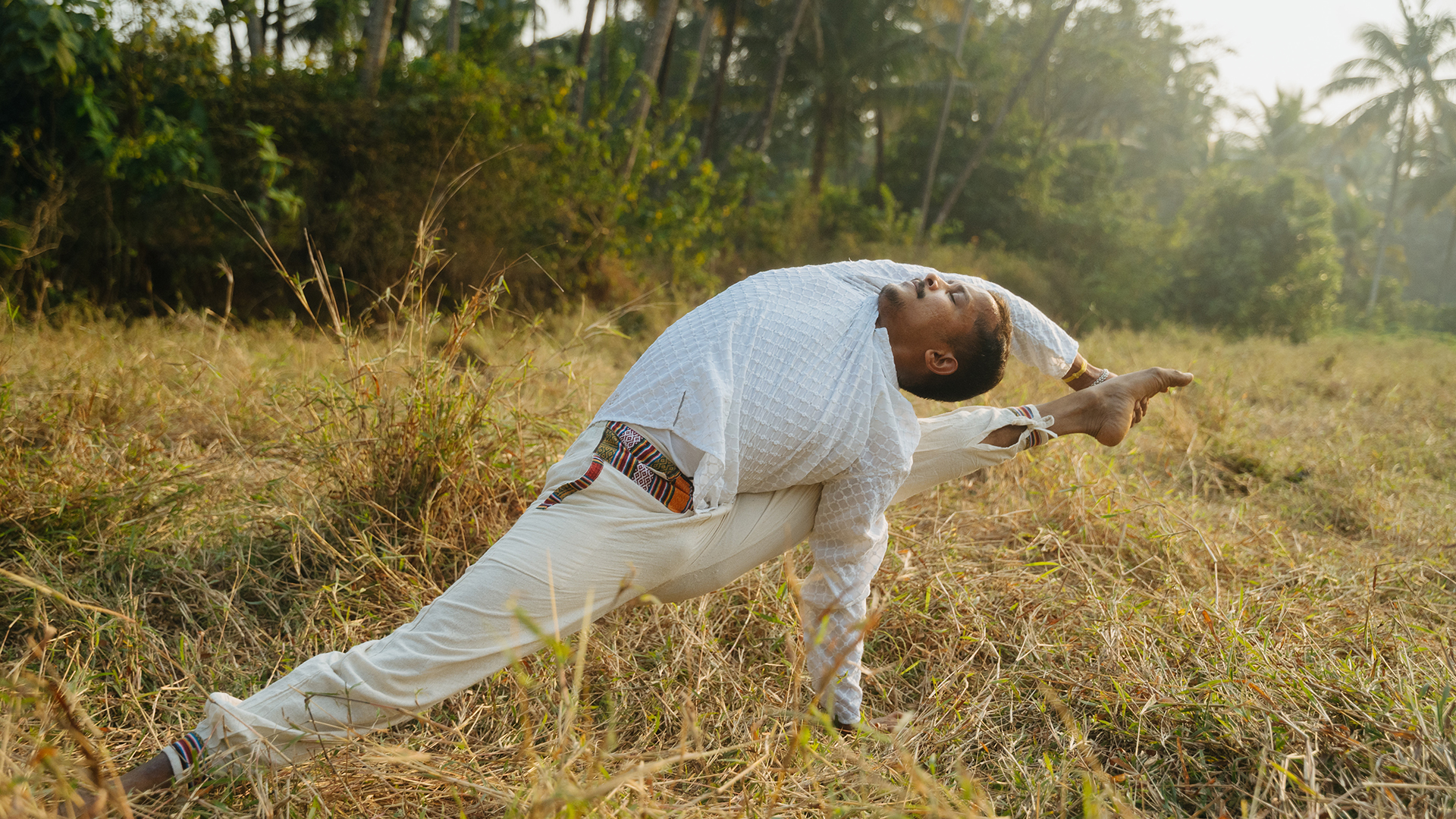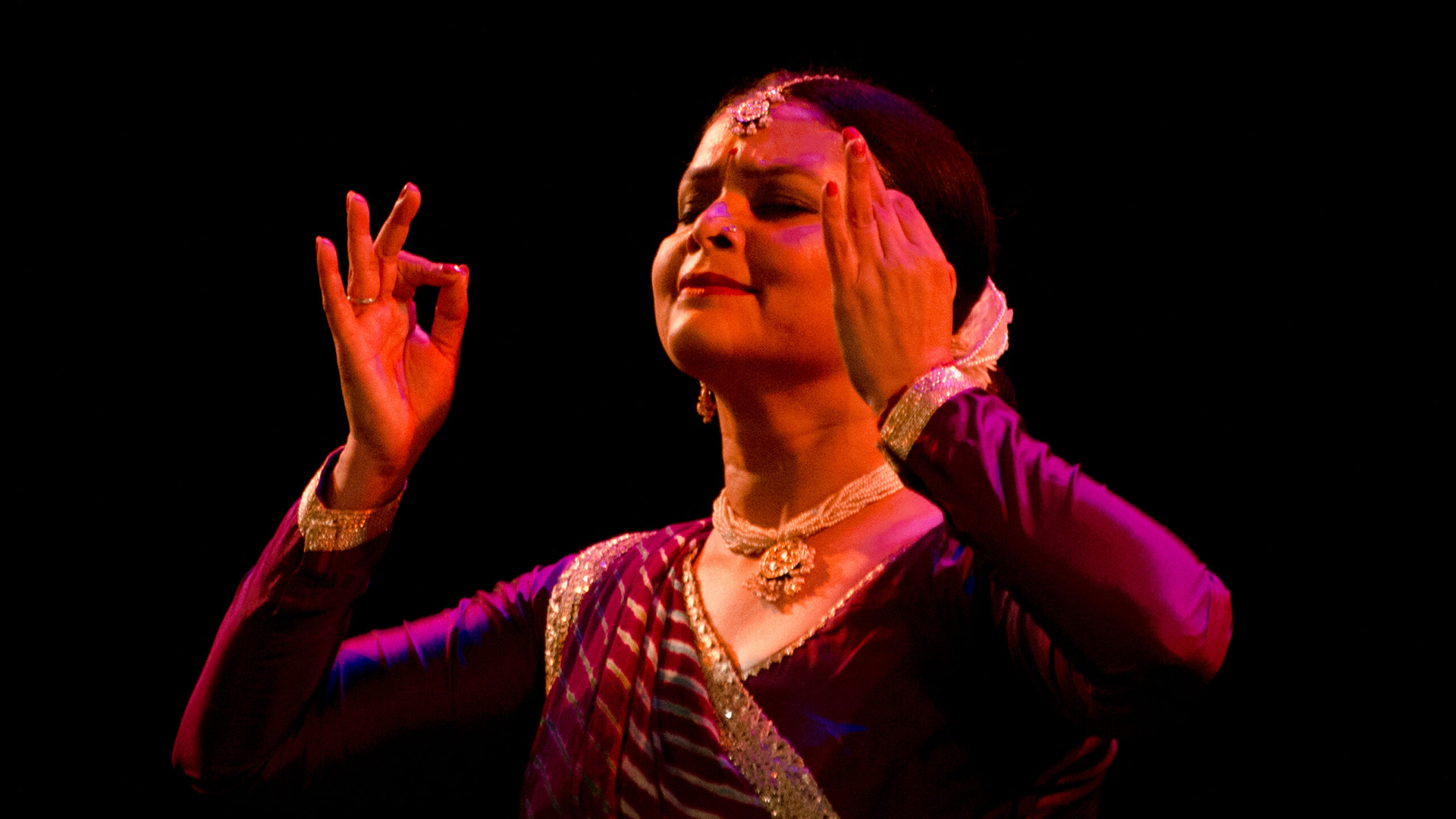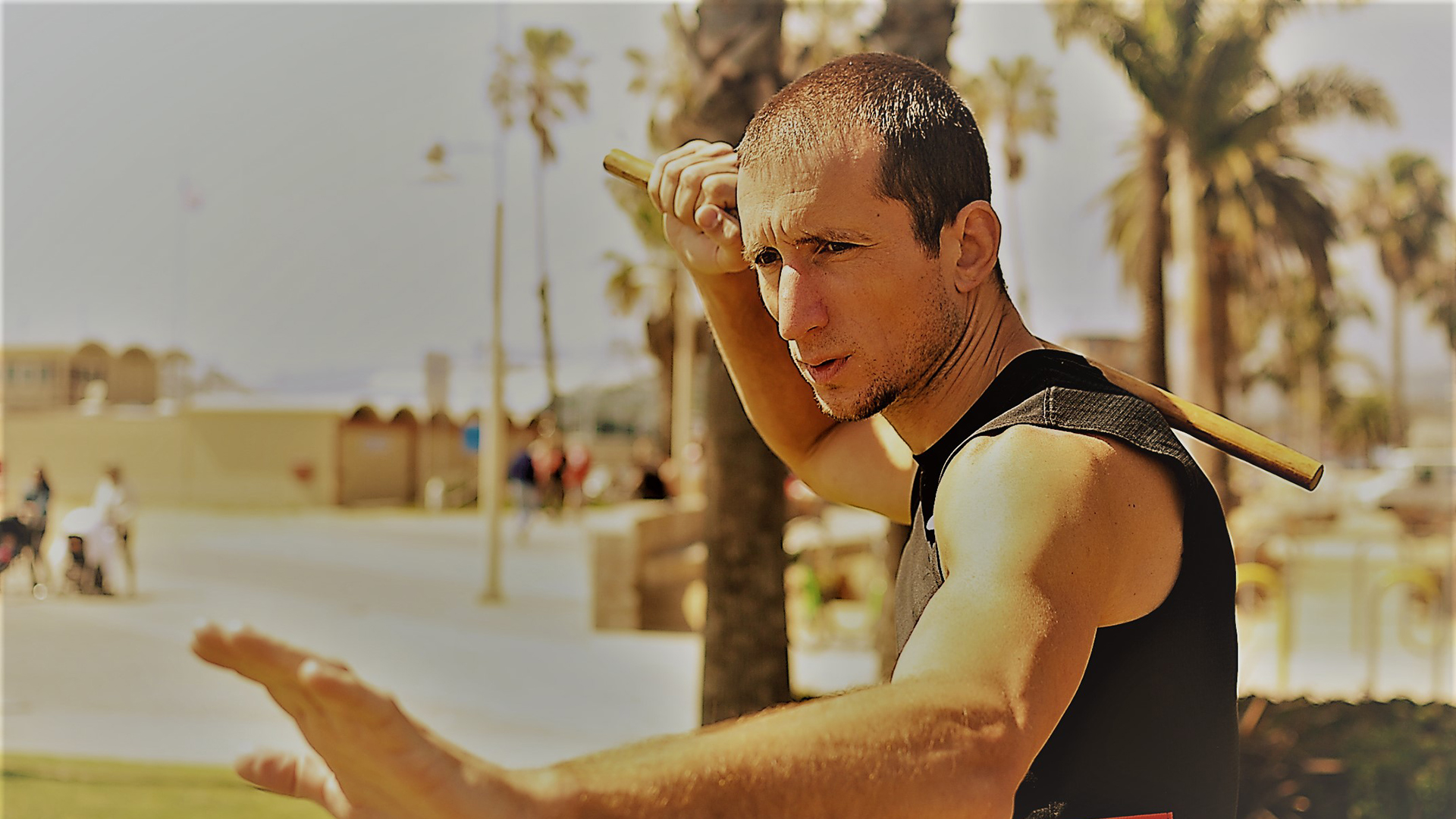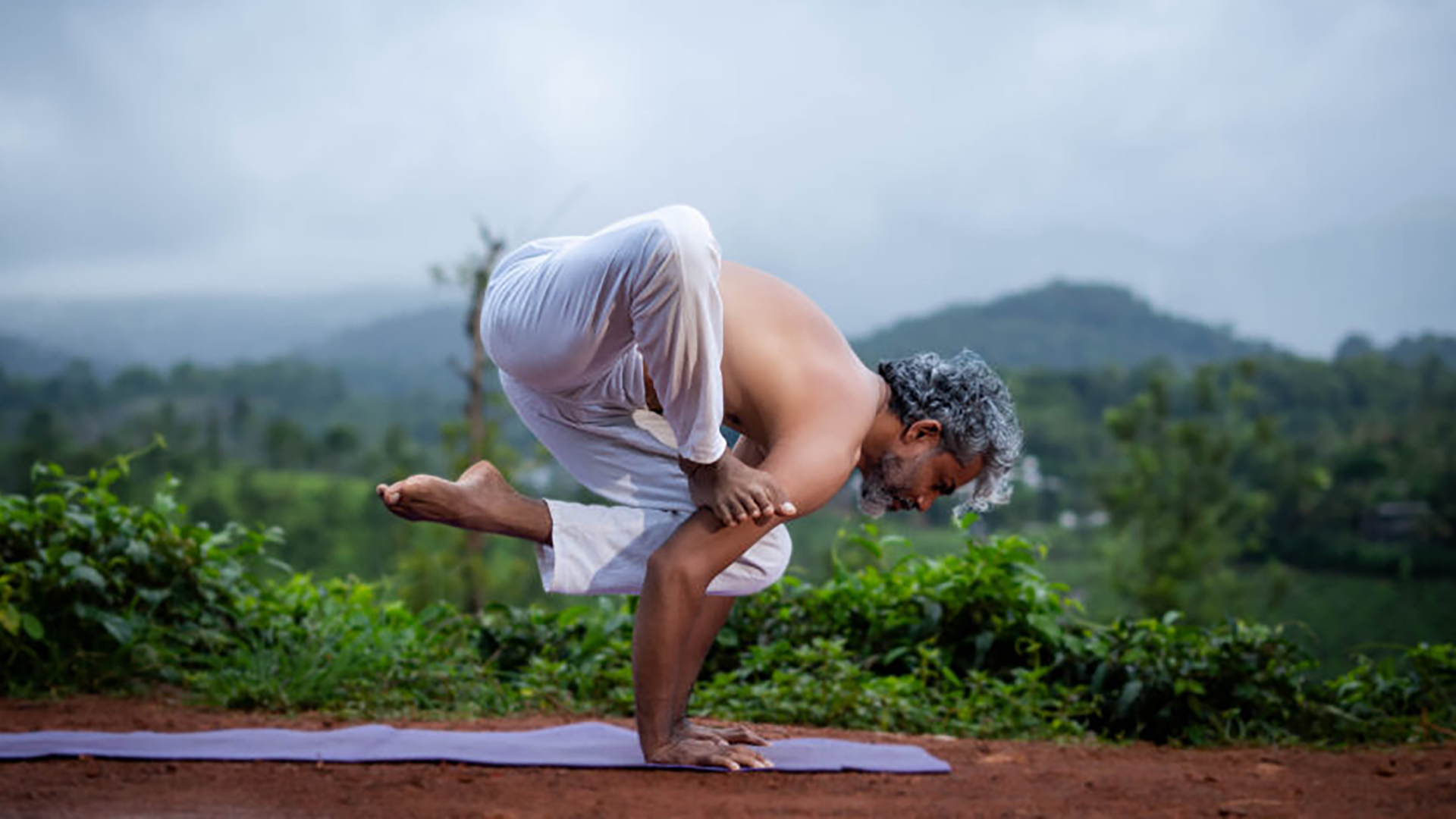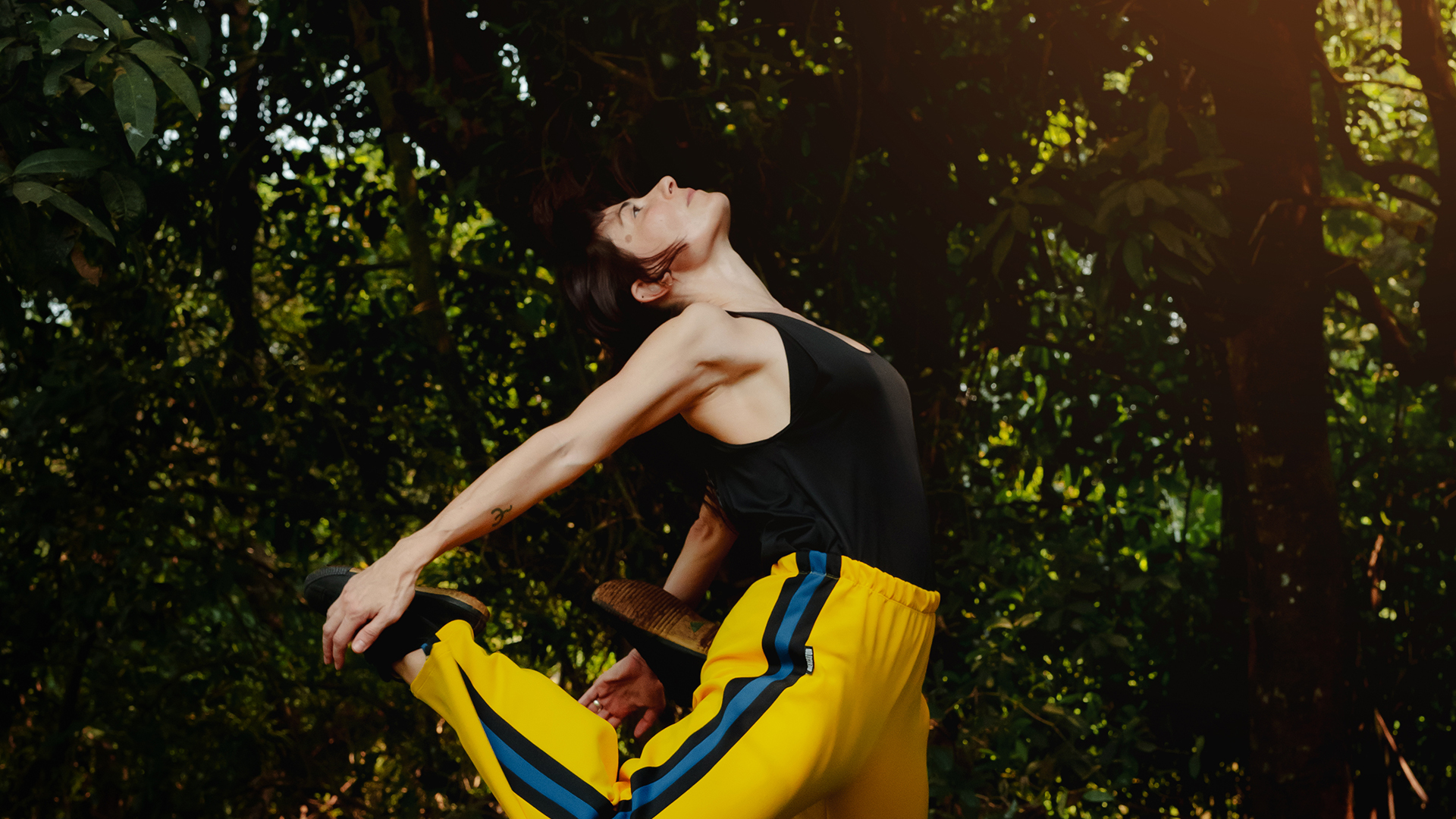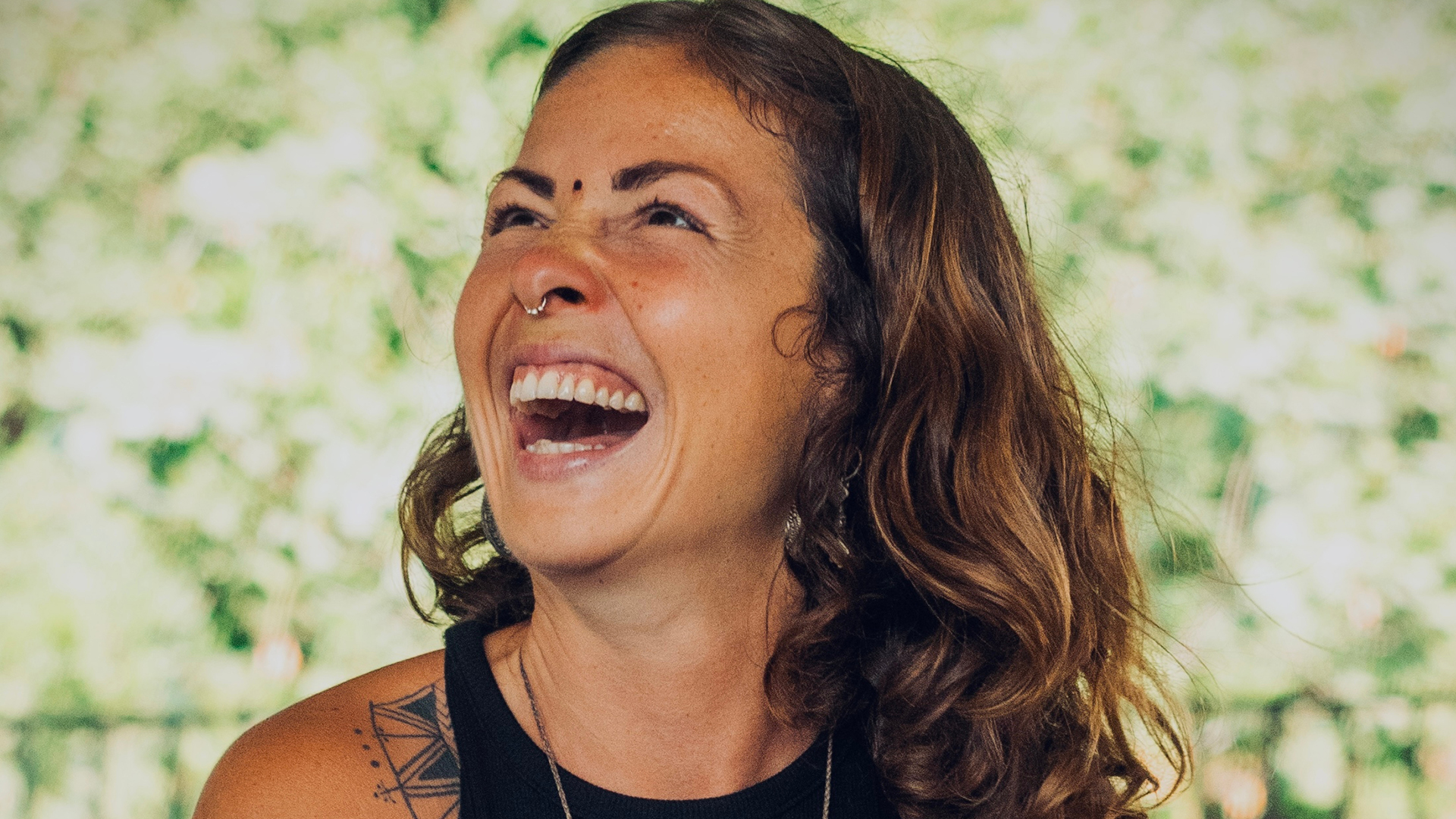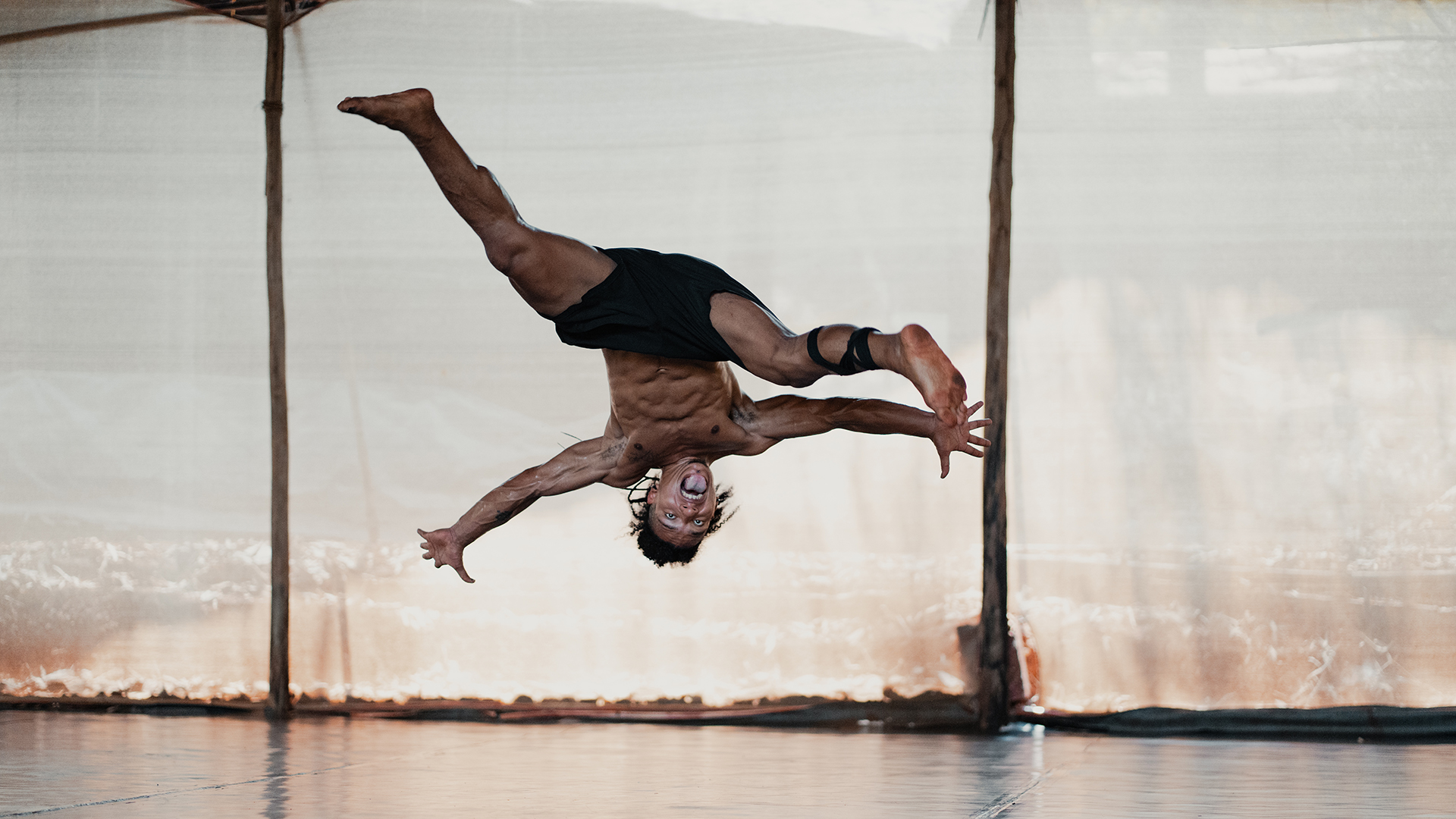Raam Kumar is an independent artist, Kalari Payatt martial arts instructor/trainer and a physical theatre actor/performer/choreographer from Thiruvananthapuram, Kerala, currently based in Bangalore.
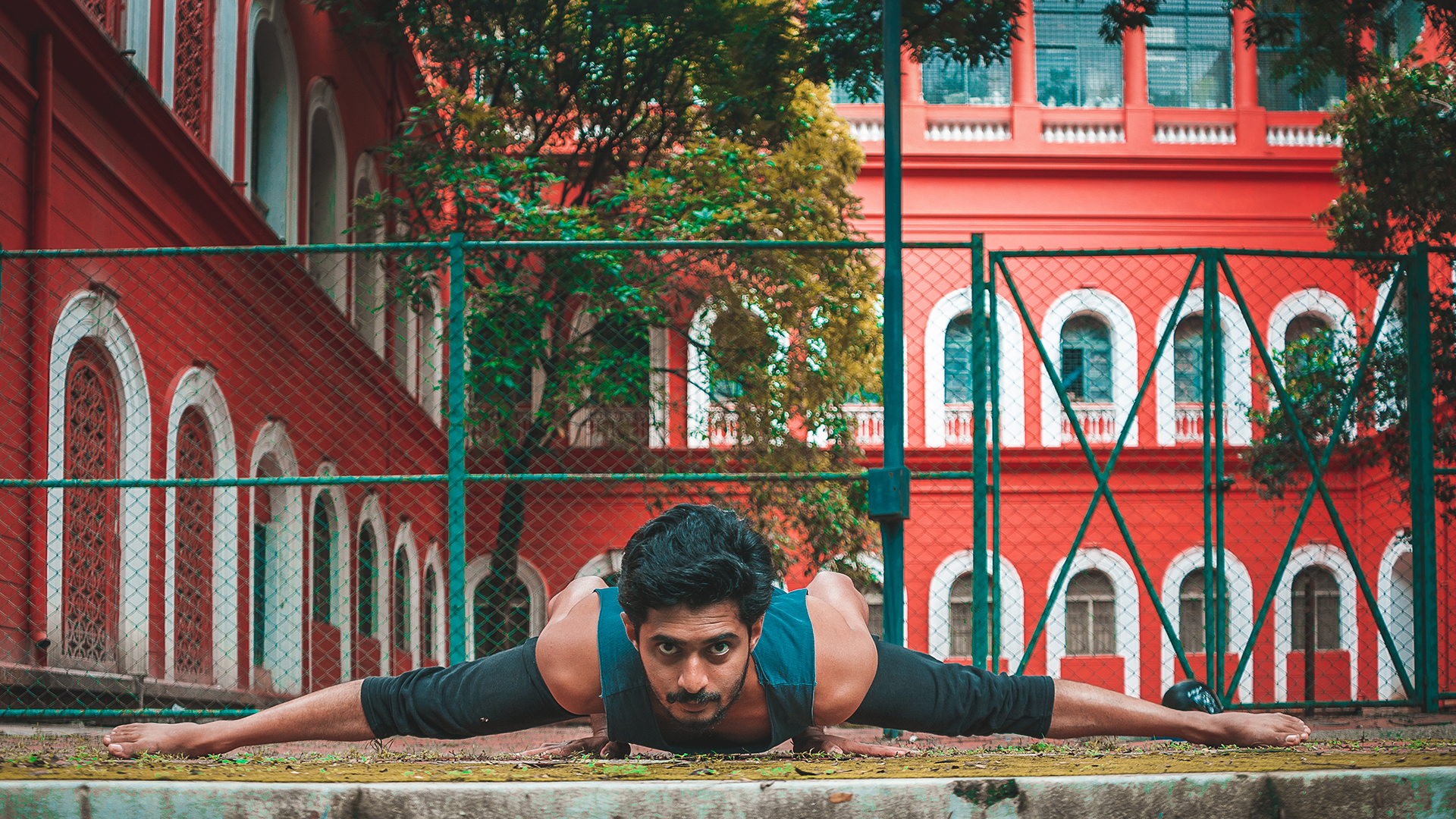
He follows the lineage of CVN Kalari Sangham and started his Kalari Payatt training at the age of six, under the guidance of his grandfather, Sri CV Govindan Kutty Nair. Gurukal Govindan Kutty Nair, in 1958 organised the first modern association of the ‘Kalari Payatt Institutions of Kerala,’ with a goal to set standards of practice along with uniting and accrediting the various Kalaripayattu Schools. The institution, CVN grew in repute over time.
Raam Kumar is now focused on giving back to his art by helping simplify its pedagogy and creating a sense of awareness by focusing on body, mind and breath. He has been performing Kalari Payatt for 24 years and teaching the same for the last 20 years.
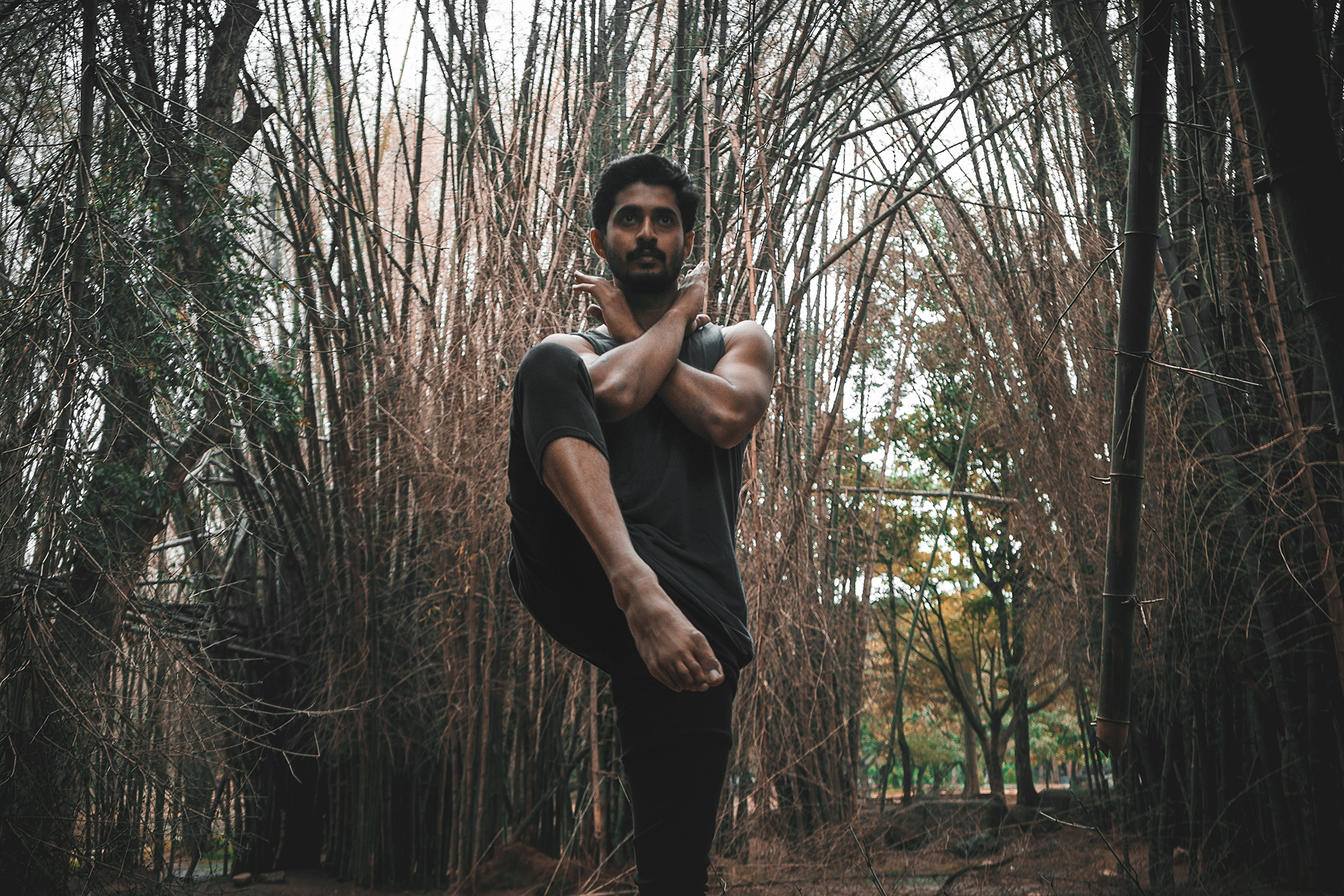
Having started his training in contemporary movement in 2008 with ‘Attakkalari Centre for Movement Arts’, Raam finds his movement language by amalgamating his traditional movement background with contemporary ideologies. He is interested in devised work and uses voice, gestures and visuals to convey the theme of the performance he undertakes.
As an instructor his teaching is rooted in Kalari Payatt focusing mainly on body alignment, balance, flexibility and agility and he also uses different forms of movement vocabulary like Yoga, Pilates, Resistance training and contemporary movement techniques to achieve the end goal.
He also holds a Doctorate in Alternative Medicine, with 8 years of practice, offering holistic healing methods to individuals. His career has taken him across India and abroad, where he has shared his knowledge and passion with diverse audiences, enriching both his own practice and those he teaches.
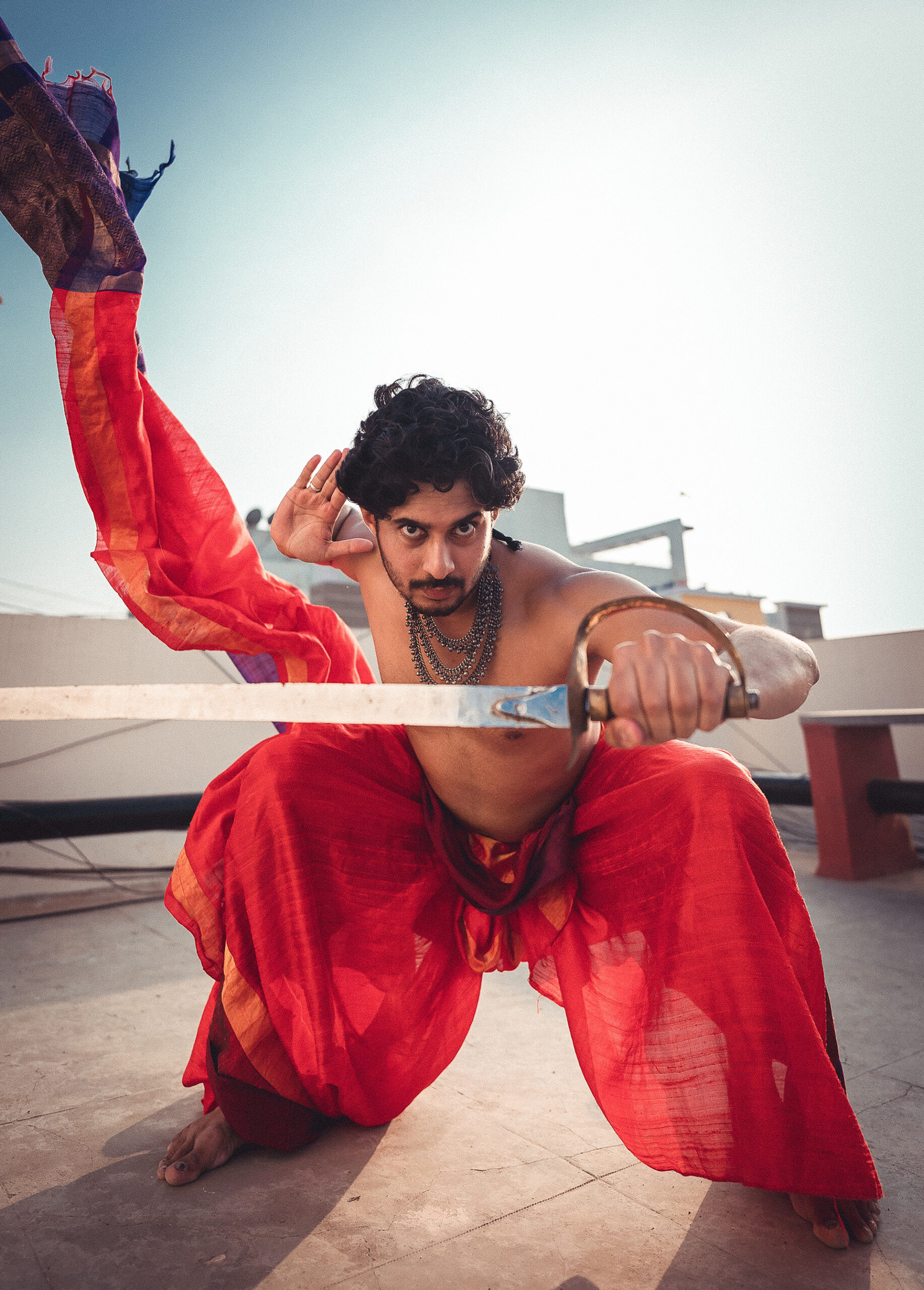
Kalari Payatt: Alignment, Balance, Flow & Fluidity
In this specially curated Kalari Payatt session, we will delve into the core principles of alignment, balance, flow, and fluidity to enhance your practice and understanding of this ancient martial art. Through precise movement and mindful posture, we will focus on achieving optimal alignment, ensuring that each action is rooted in strength and stability.
Attention will be given to cultivating balance, both physically and mentally, as we explore the seamless flow of energy through controlled movements. The session will encourage the fluidity of the body, allowing it to move with grace and ease while maintaining the discipline and power that Kalari Payatt embodies. Whether you’re a beginner or an experienced practitioner, this session will refine your technique, deepen your connection with the art, and elevate your overall performance.
In modern Malayalam language, Kalari, idiomatically refers to a place where martial arts is taught (Payattu Kalari) or language, grammar & maths are taught (Ezhuthu Kalari) or dance forms (Koothu Kalari/Atta Kalari) are taught.
The current practice of Kalari Payatt is very different from the actual form that existed before. A major chunk of the information is lost as the mode of education was through the idea of guru – shishya parampara.
In the traditional practise system, the training starts with Chuvadu (stances), Vadivukal (animal postures) and Kaalukal (leg exercises) which combines together to structured segments like Thozhil (application with one or more moves), Arappu (section), Adavu (form) and Mei-Payatt (codified body sequence).
The class will be based around Mei Thari
Mei Thari
Chuvadu or Stance helps us to activate a set of muscles starting from the feet to our pelvic floor muscles which forms the base of Spine (central nervous system).
Vadivukal or Animal postures help us articulate our spine to find horizontal, vertical and spiral patterns to understand weight shift as well as level changes with the body.
Kaalukal or Leg exercises help in achieving better balance , flexibility and opening of pelvic muscles.
Mei-Payatt or Codified body sequence is a dynamic practice combining chuvadukal, vadivukal and kaalukal which helps in increasing endurance and stamina by using the body to move through different levels.
These training patterns help the body to achieve good alignment, balance, flexibility, strength, pliability, elevation, agility and a better overall understanding of the body to find deep connections between the body and mind, and thus can be termed as an effective physical discipline.
